Morality and Law: A Critical Evaluation
1. Introduction
- India’s culture is ancient and dynamic, blending diverse traditions and modern trends.
- Opposition to modern influences often results in incidents of moral policing.
- This evaluation explores the impact of moral policing and the role of law in enforcing morality.
2. What is Moral Policing?
- Definition: Vigilante actions by individuals or groups imposing their moral standards on others.
- Common Instances:
- Attacks on couples in parks, cafes, or bars.
- Violence on Valentine’s Day and opposition to “western” culture.
- Example: Incidents in Kozhikode and Kollam where individuals were attacked under the guise of moral policing.
- Involvement of Authorities: Sometimes carried out by police officers targeting actions deemed "immoral."
3. Morality and Law: Regulators of Conduct
- Law:
- Imposes rules with sanctions to regulate behavior.
- Easier to implement through legislative and enforcement agencies.
- Morality:
- Inculcated through socialization with internal incentives like guilt or shame.
- Inherent and cannot be imposed through punishment or threats.
- While both guide human behavior, they operate through distinct mechanisms.
4. Necessity of Law to Enforce Morality
- Law and Morality Interdependence:
- Morality lacks a universal standard; laws provide uniform codes of conduct.
- Examples include laws on public hygiene or obscenity.
- Ambiguity in Morality: Concepts like "obscenity" are subjective, leading to misuse by moral police.
- Role of Law: Laws should prevent the exploitation of moral norms and provide clear conduct guidelines.
5. Can Law Be Used to Enforce Morality?
- Morality’s Nature:
- Morality is personal and influenced by socialization, making legal imposition ineffective.
- Law’s Role:
- Ensures wrongdoings are punished and rights are protected.
- Efficient enforcement fosters an environment where moral values can naturally develop.
6. Politics: How Far Responsible?
- Role of Political Groups:
- Groups like Sri Ram Sene and Shiv Sena use moral policing for political agendas.
- Examples: Forcing couples to marry or attacking women in bars under the guise of "protecting culture."
- Political Interference in Policing:
- Frequent transfers of officers reduce accountability.
- Political motives often dictate police actions, compromising impartial law enforcement.
7. Conclusion
- India’s Diverse Culture:
- India’s culture is adaptable, blending modern trends with traditional values.
- Branding modern trends as “immoral” is regressive and undermines cultural dynamism.
- Moral Policing:
- Imposing personal moral standards on others violates liberties.
- Moral policing undermines societal harmony and individual freedoms.
- Role of Law:
- Laws cannot enforce morality but can create an environment for its organic development.
- Effective enforcement ensures justice and fairness, fostering a balanced society.
Share
Related Post
Tags
Archive
Popular & Recent Post




Online Poll
Do whales live in the ocean?


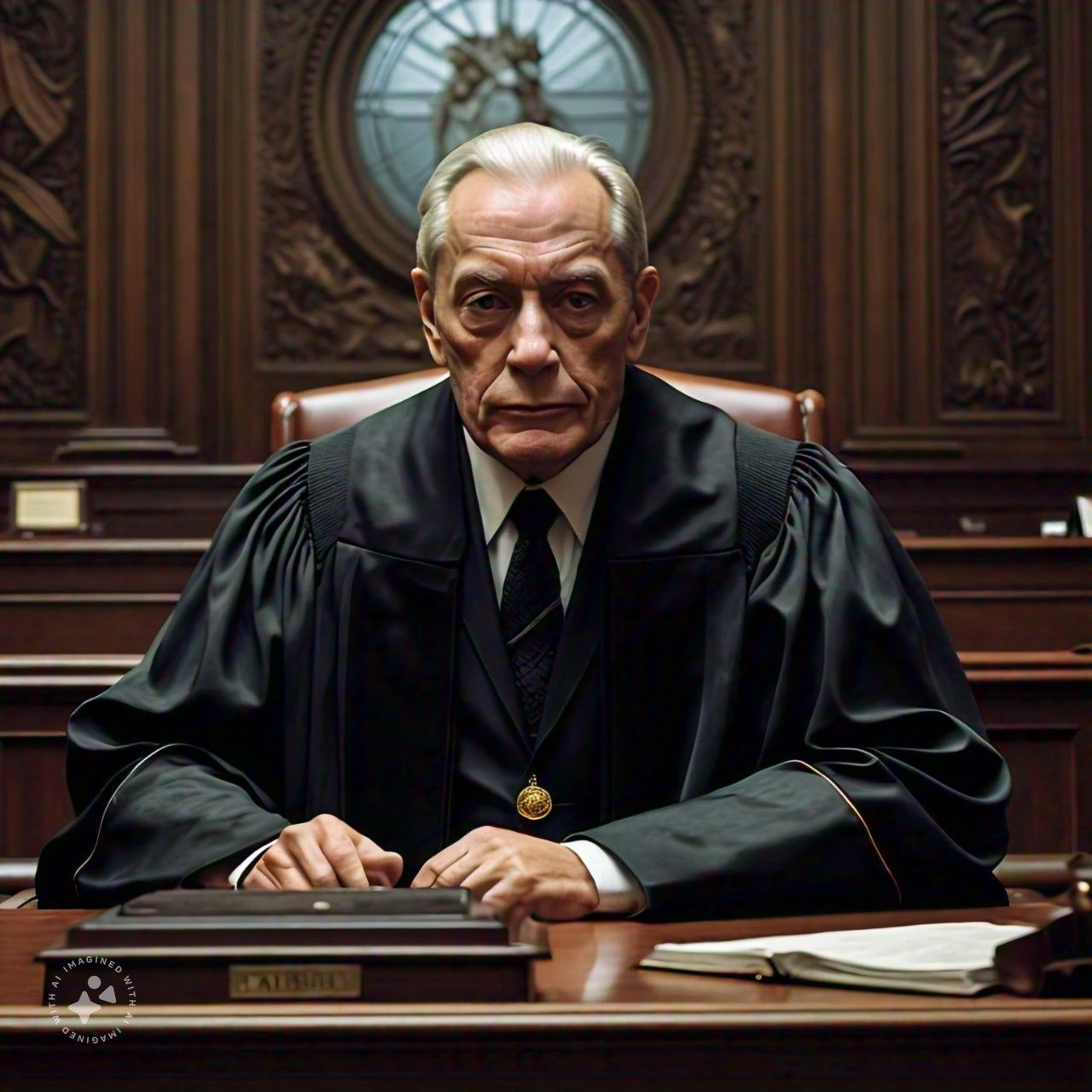
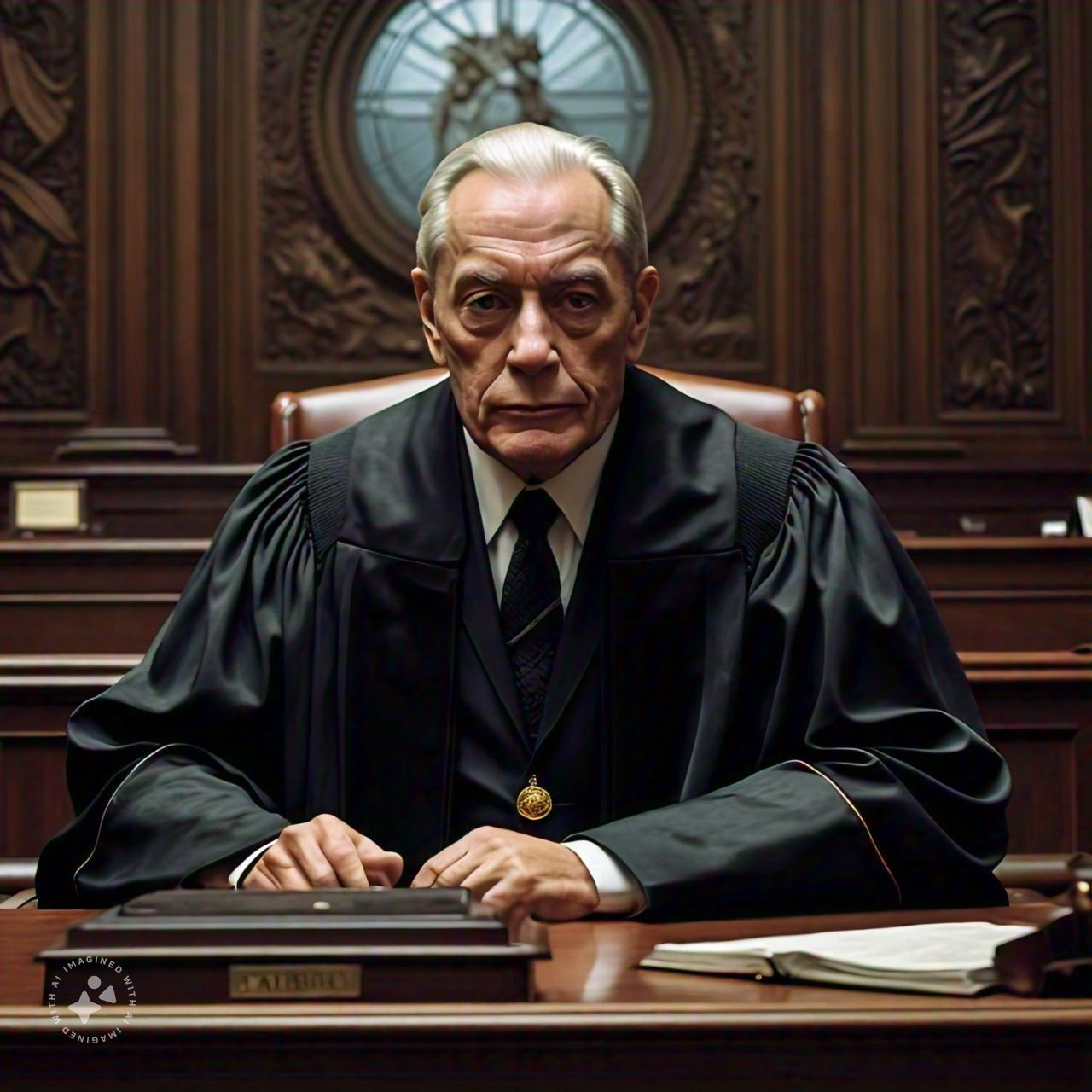
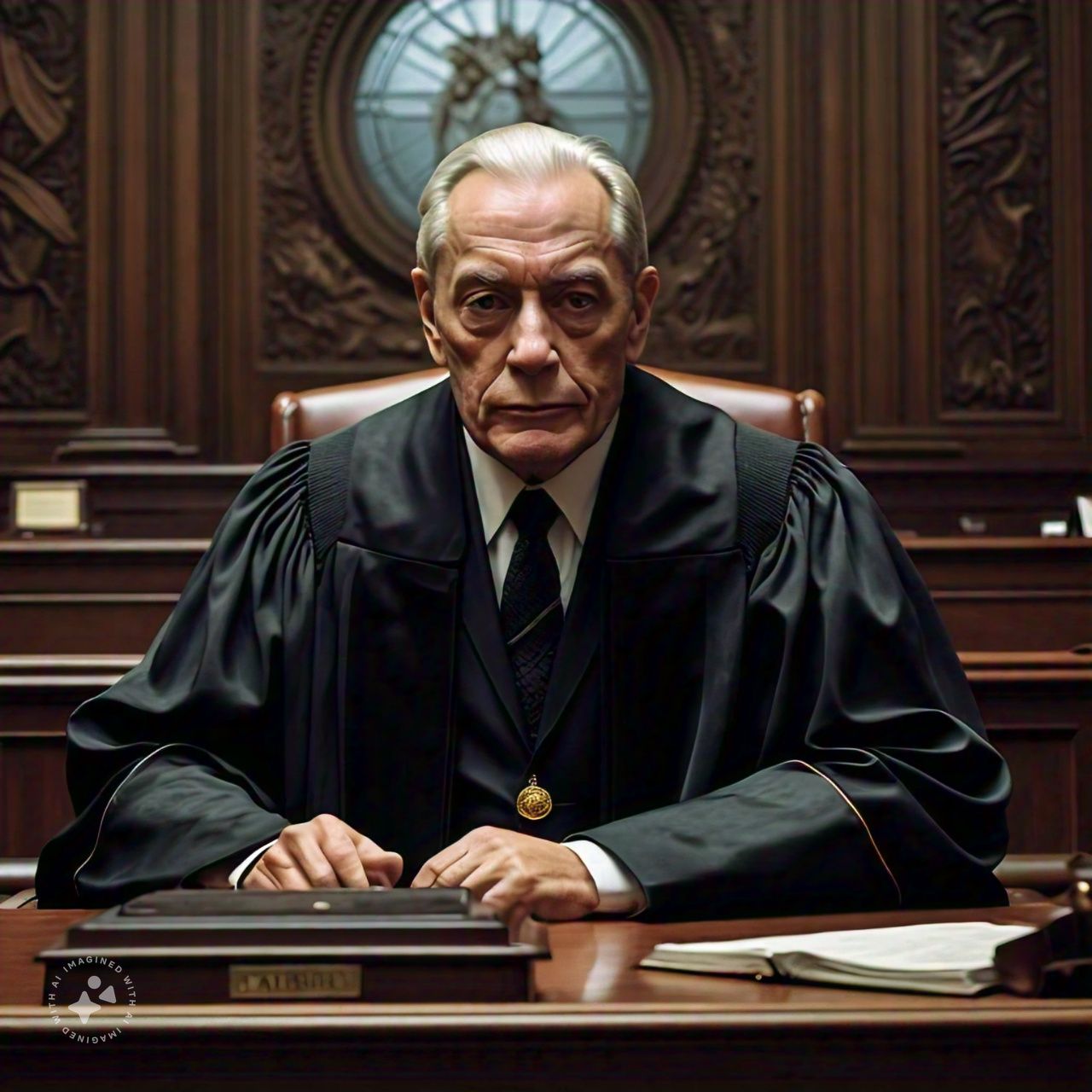
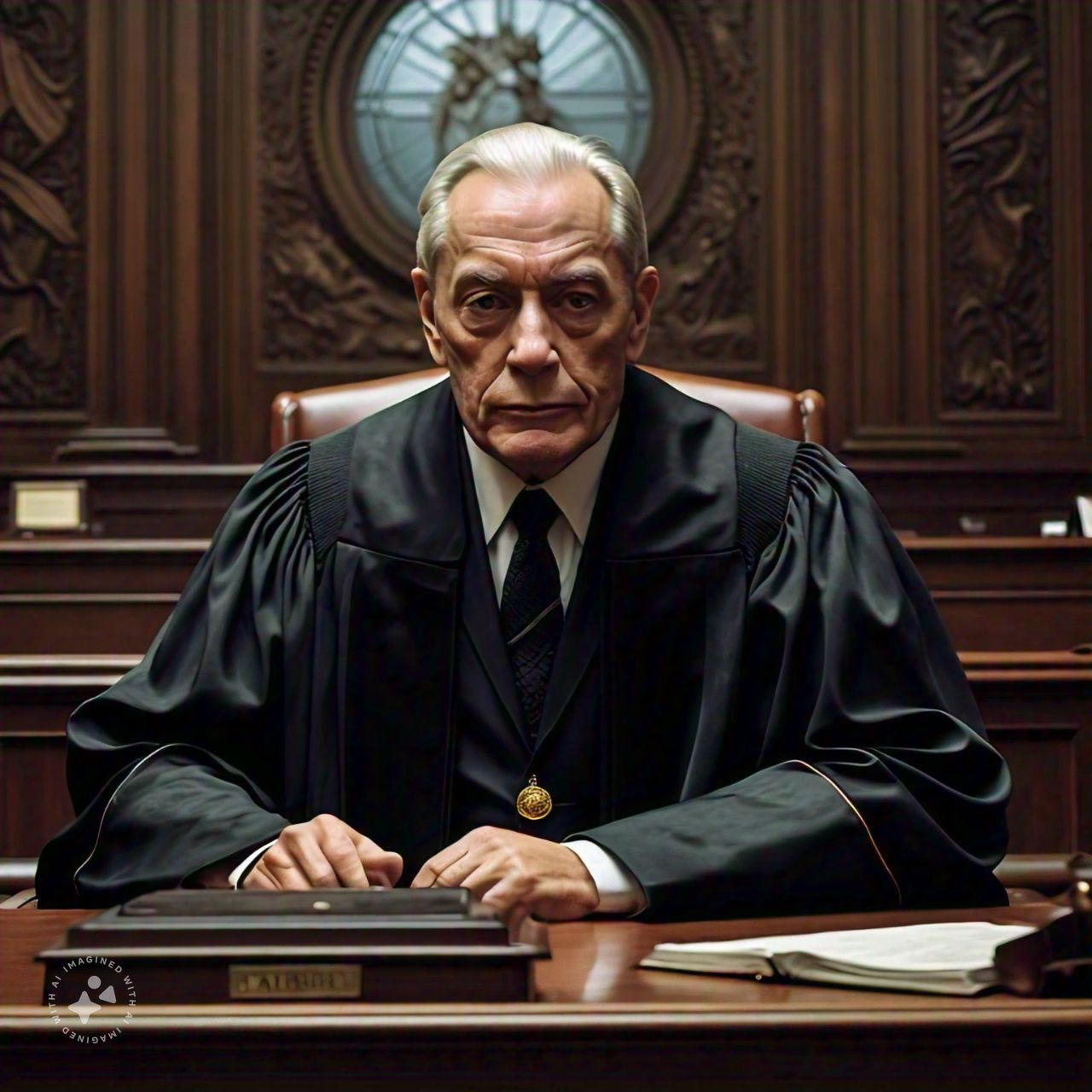
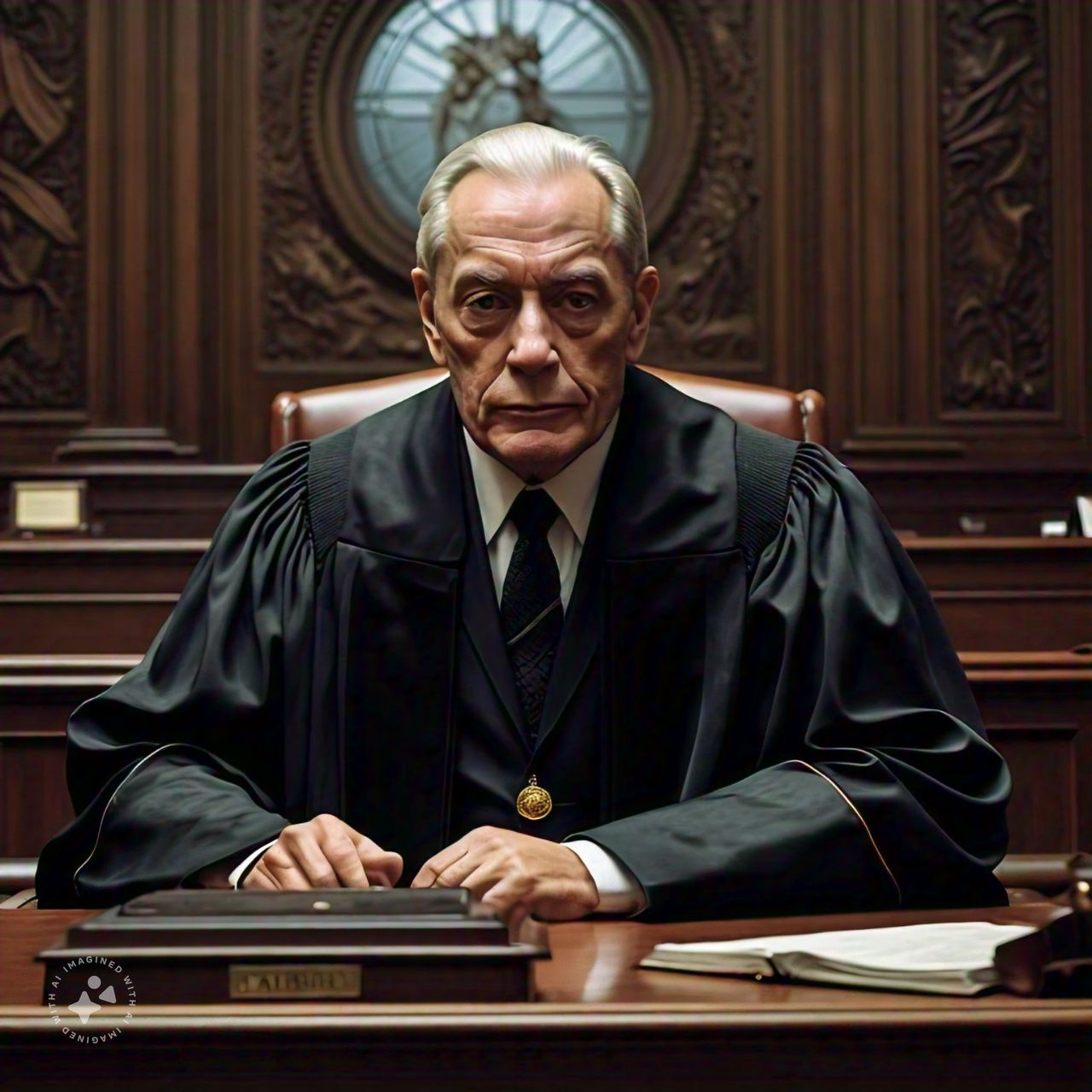
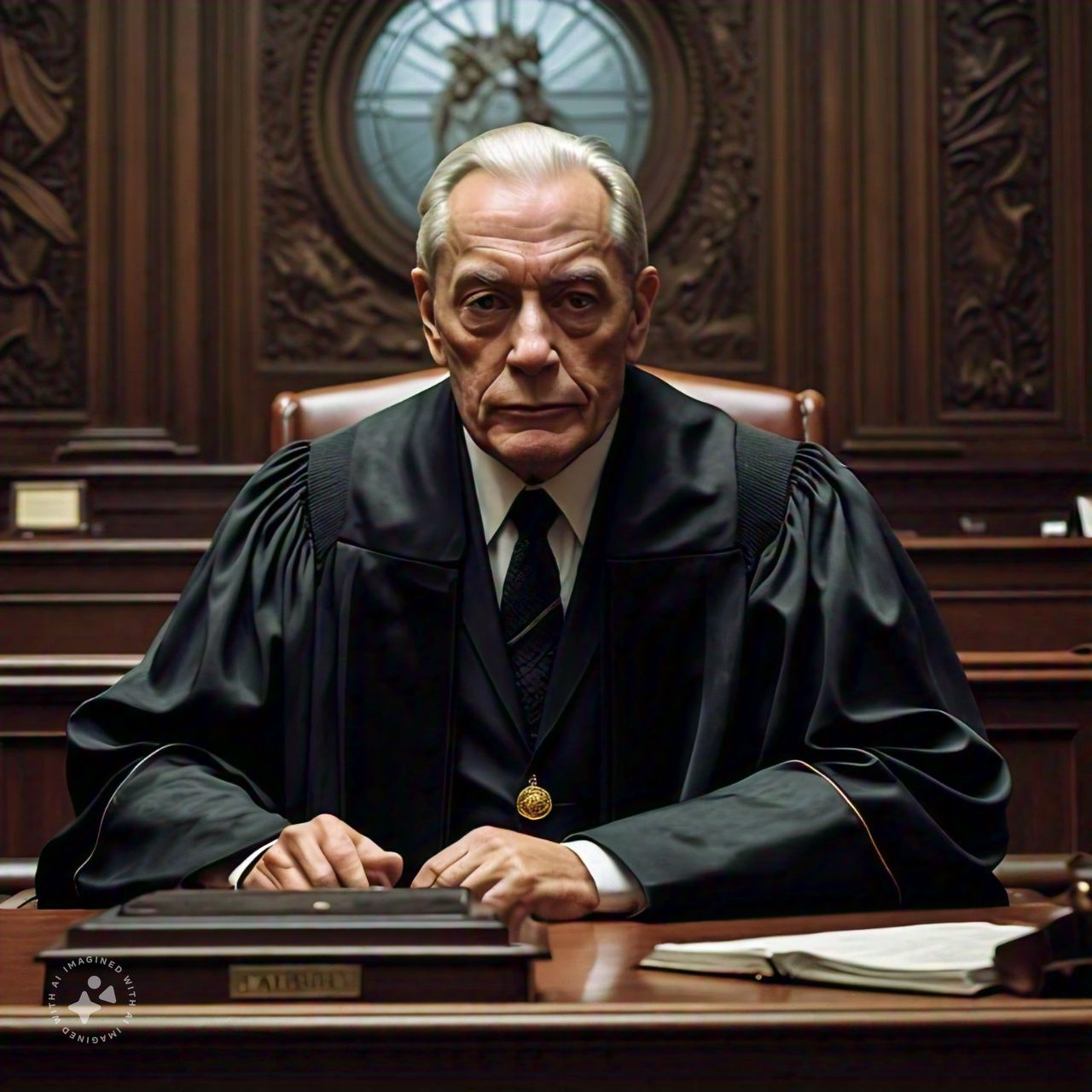
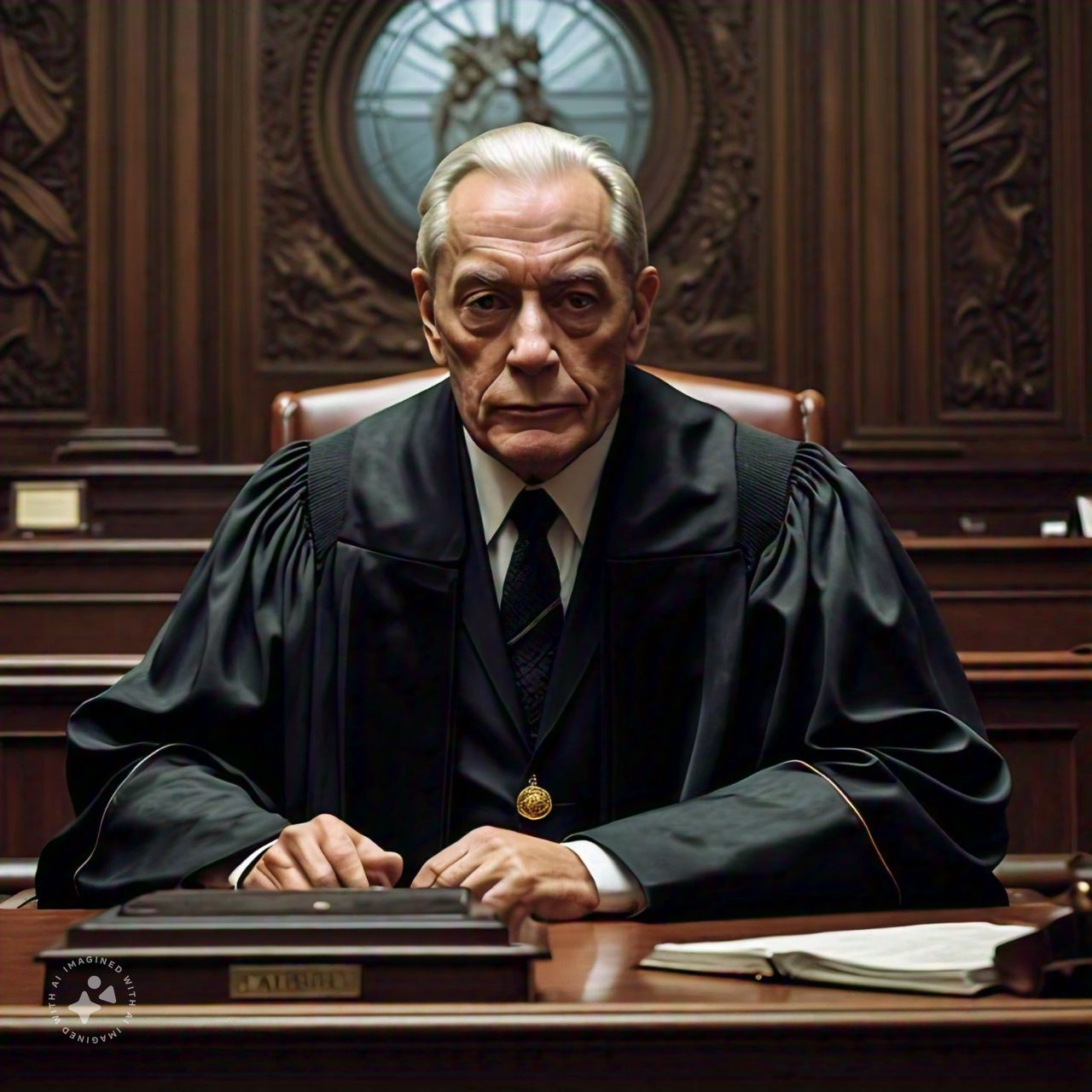
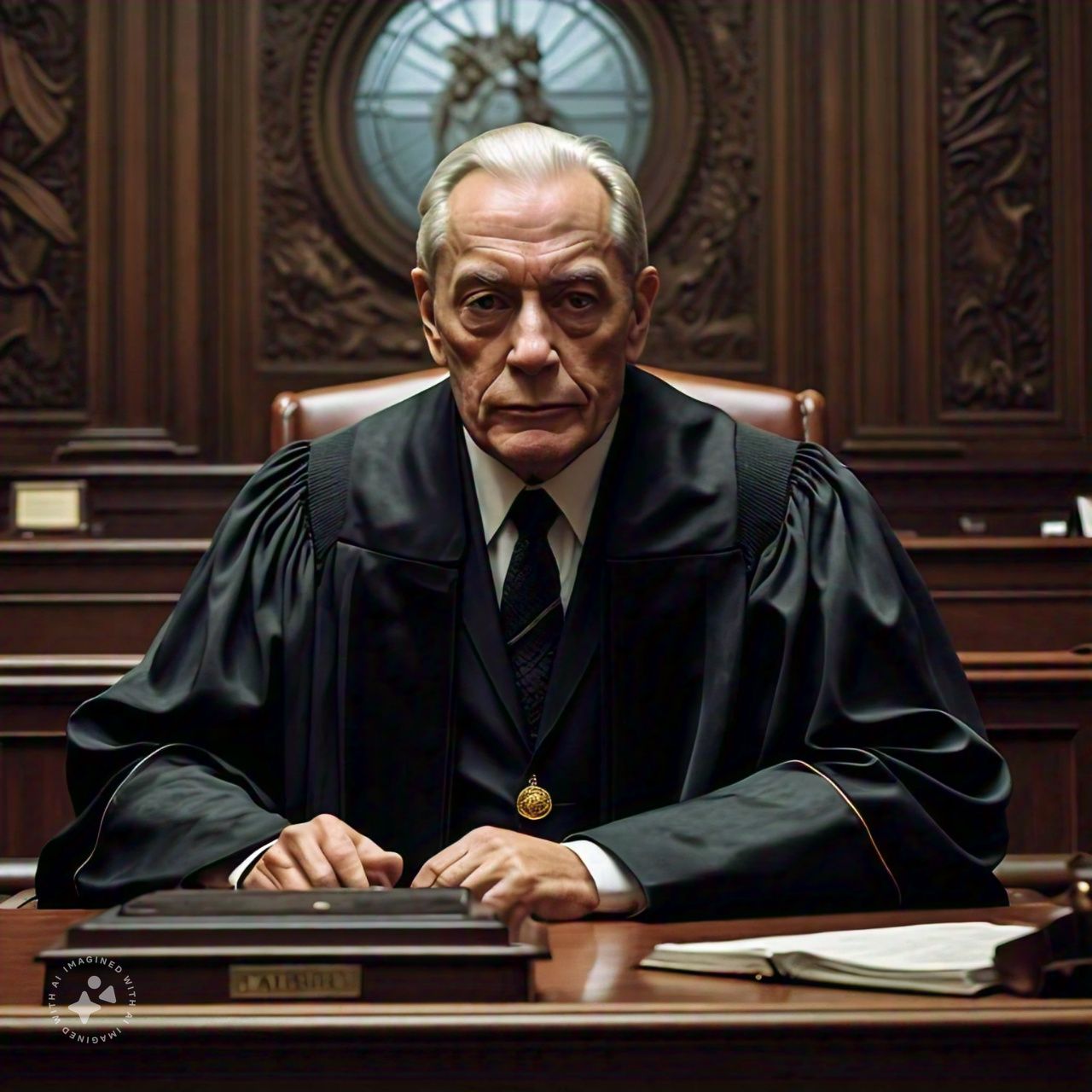

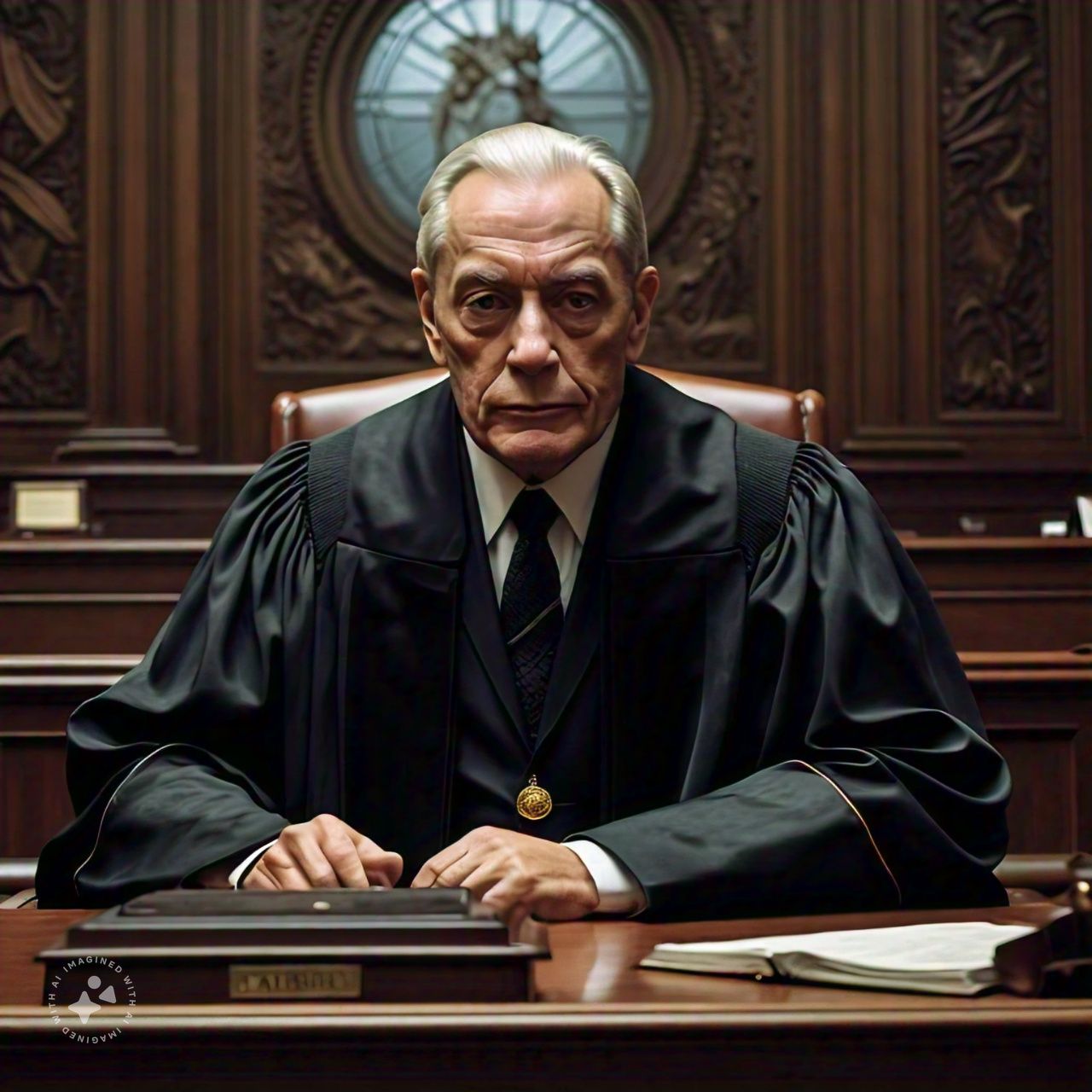
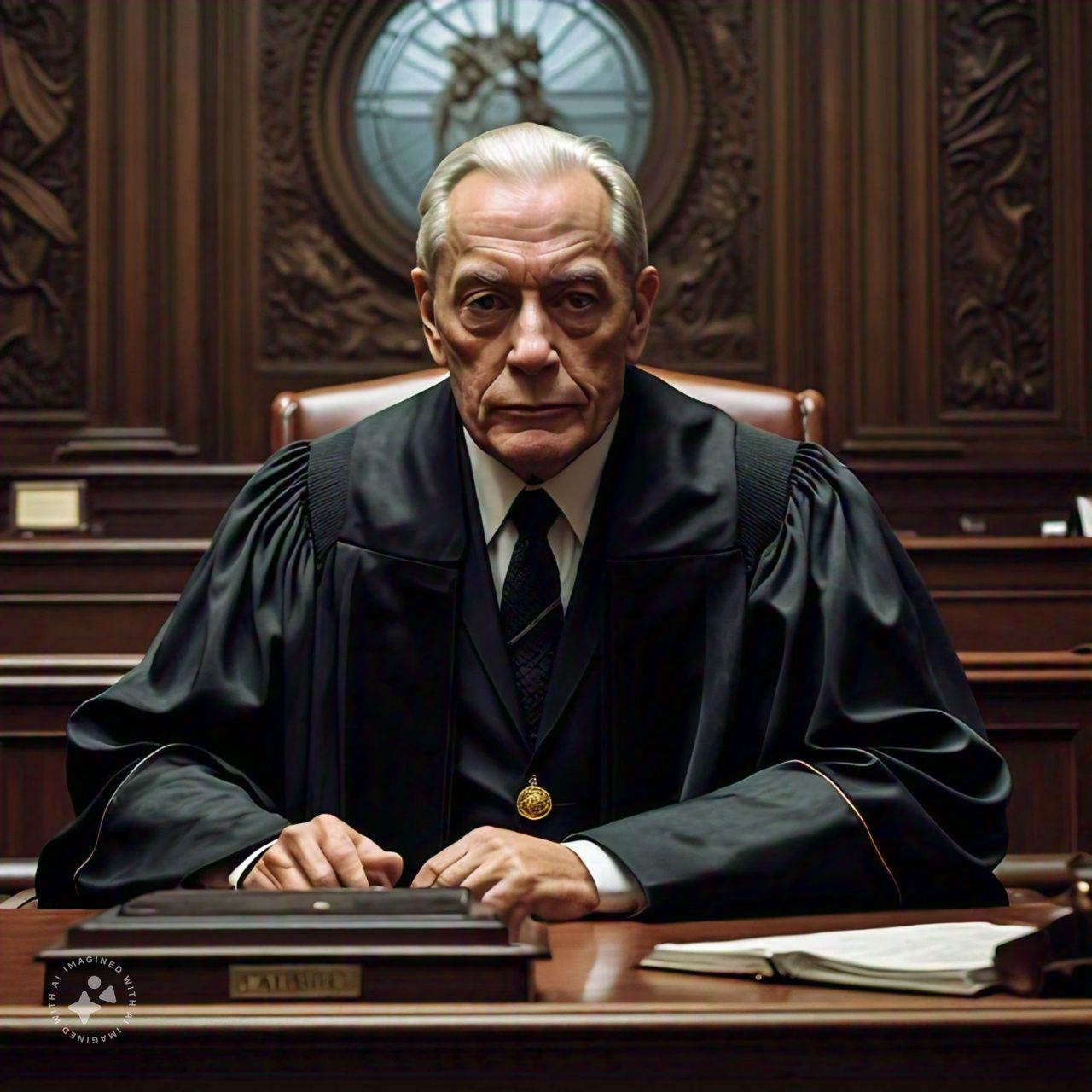
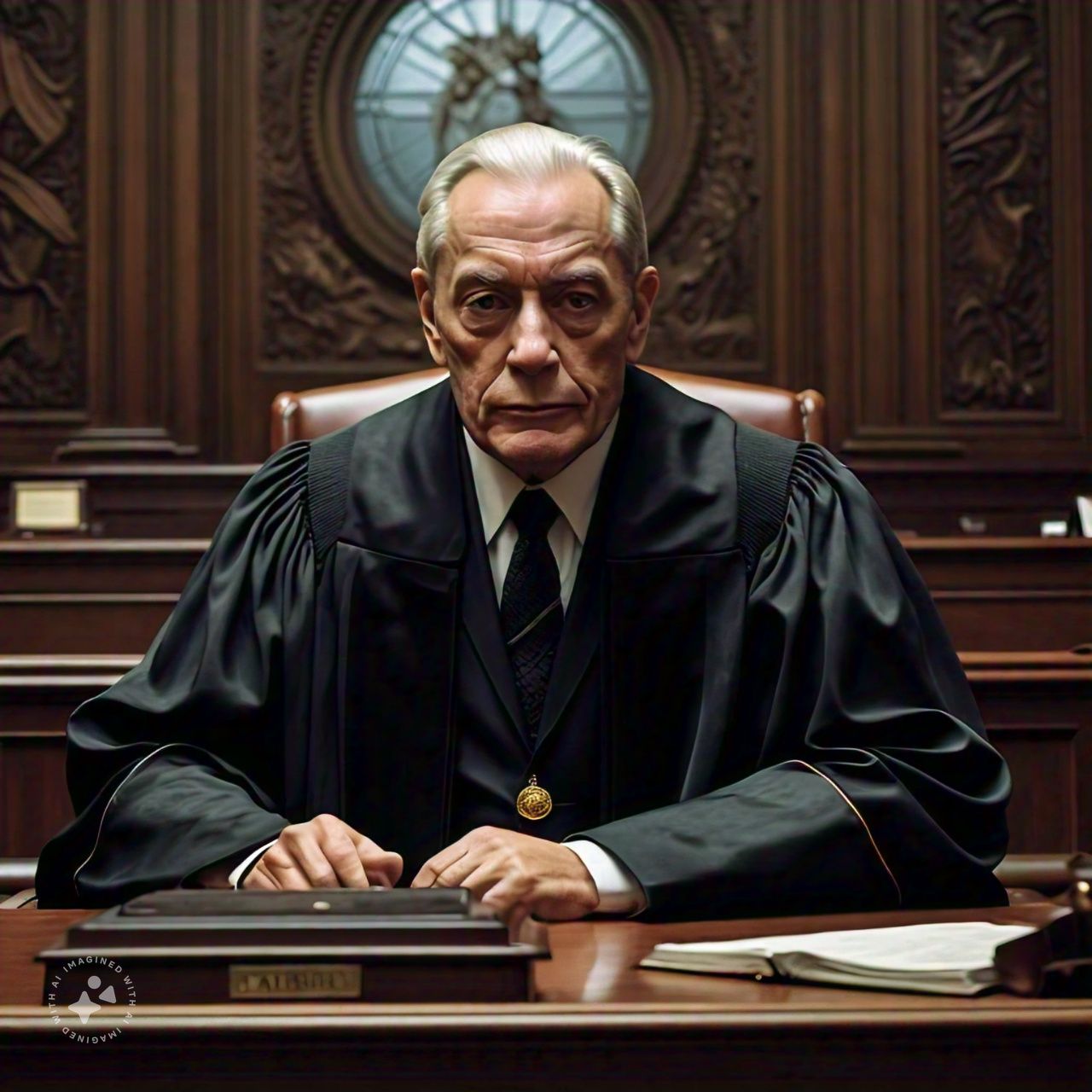
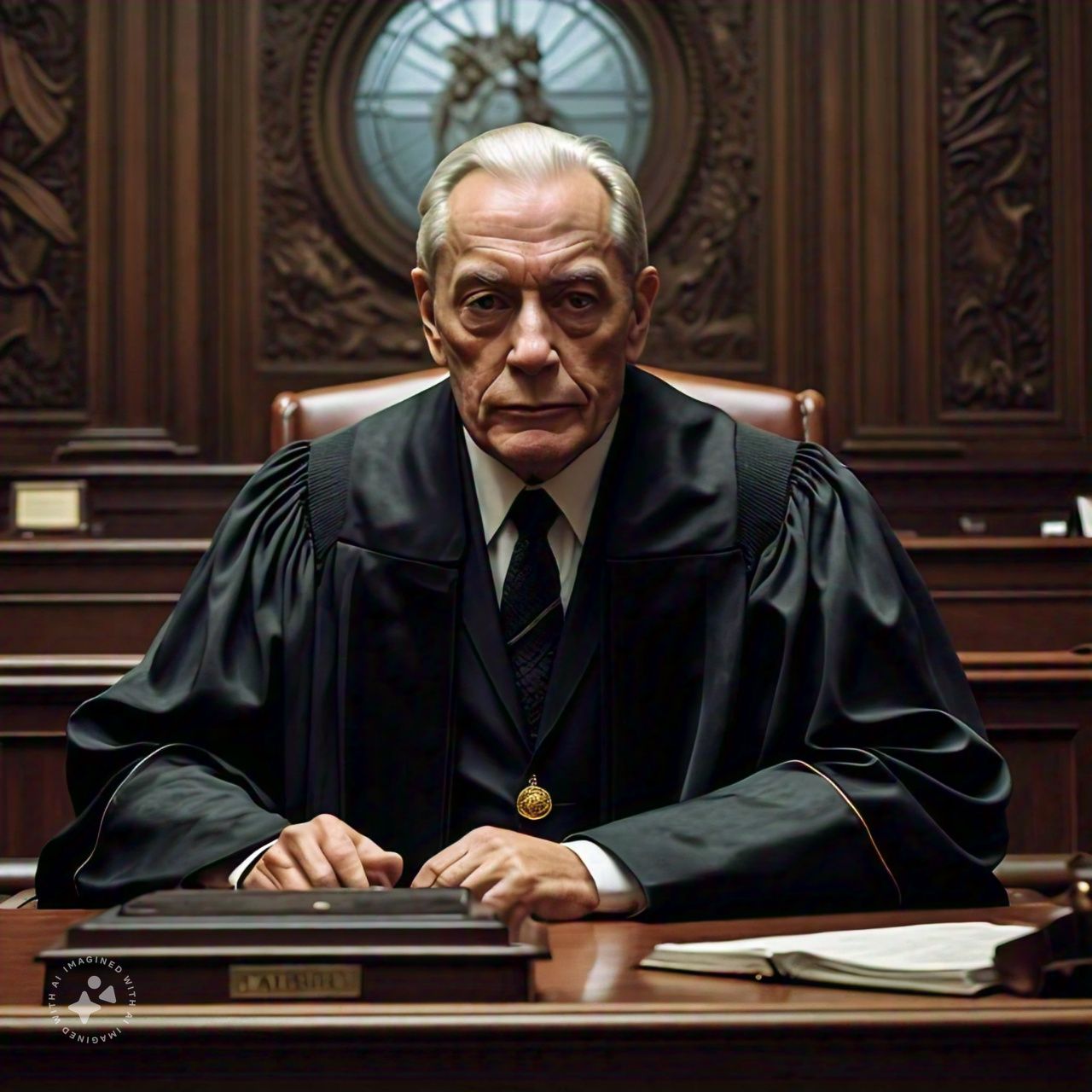
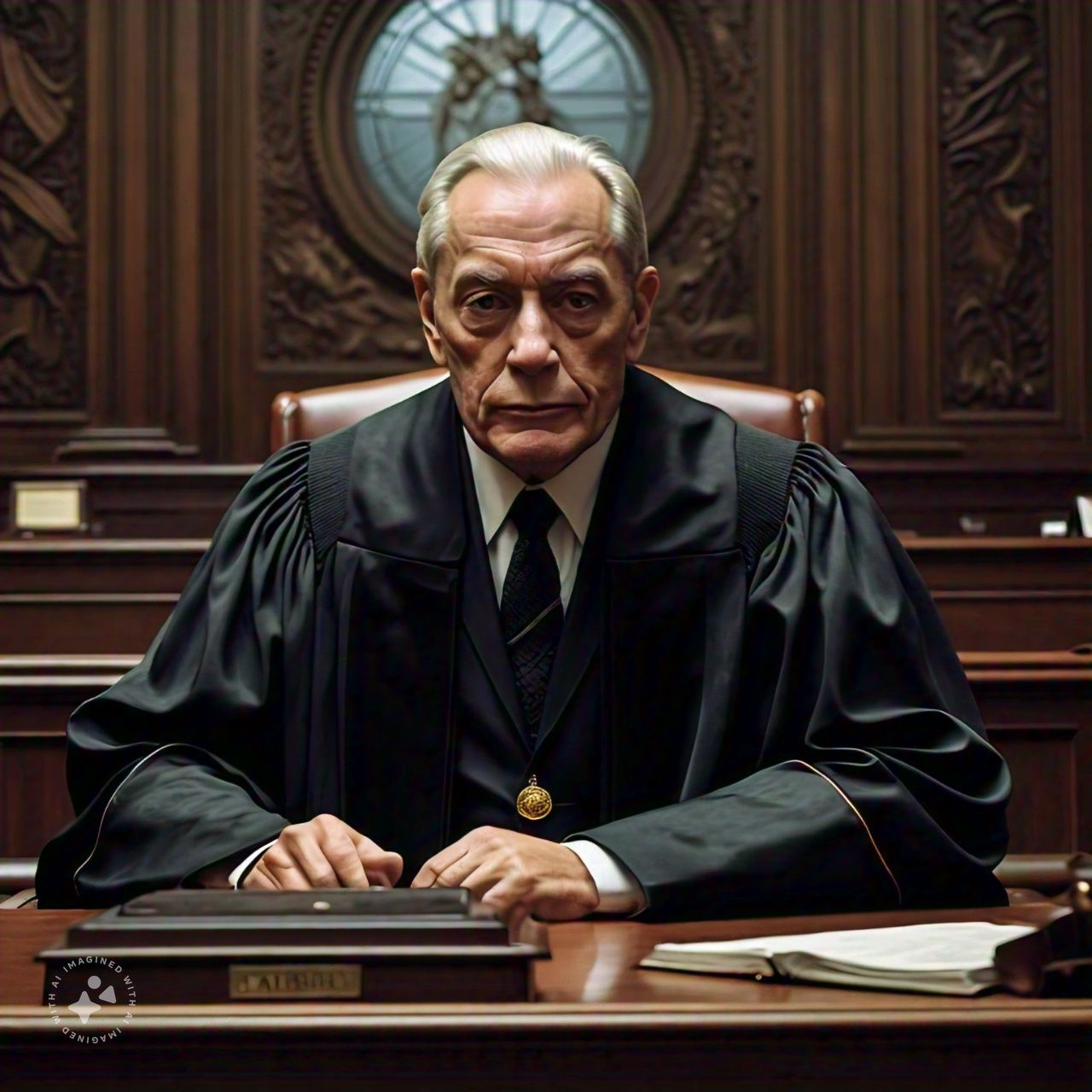

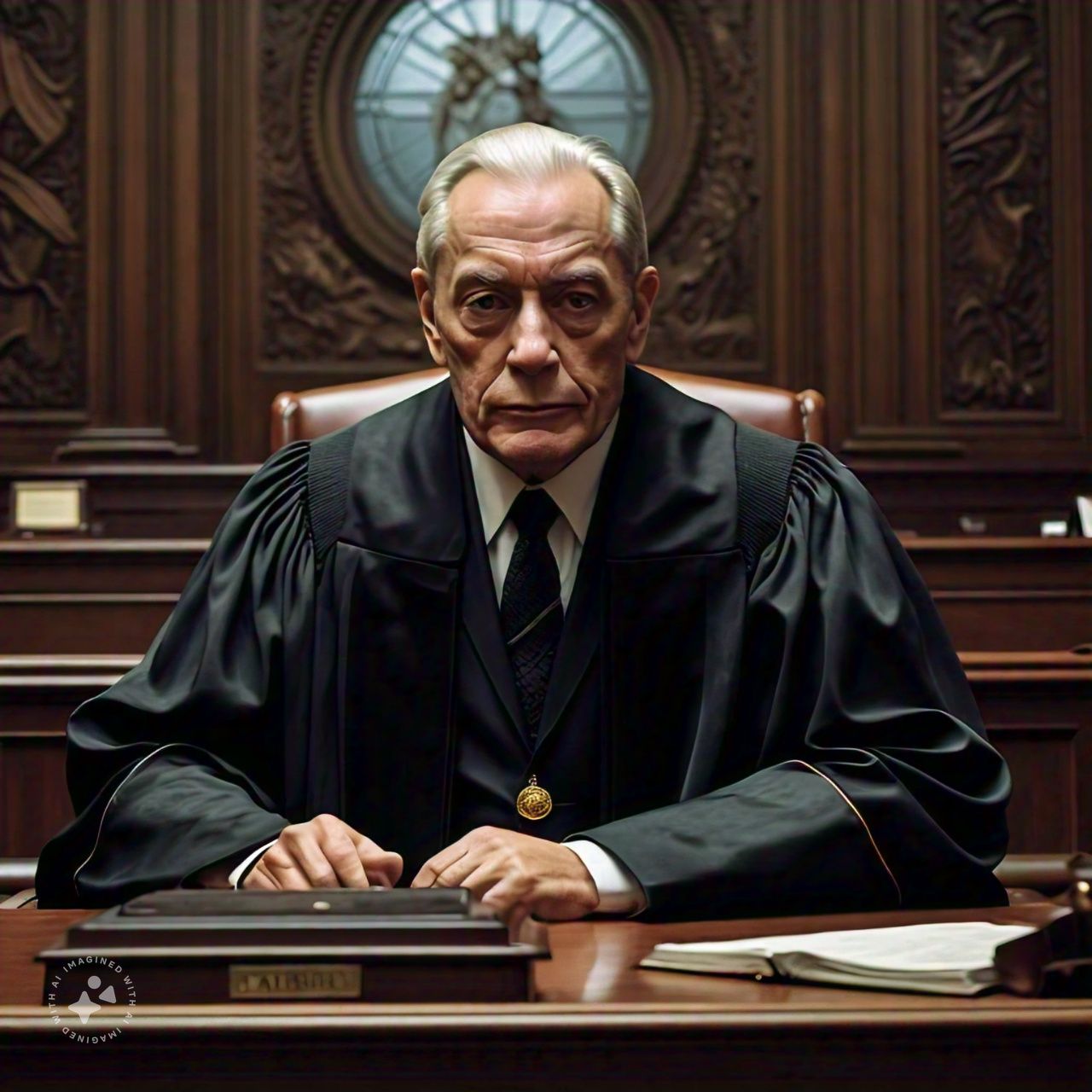
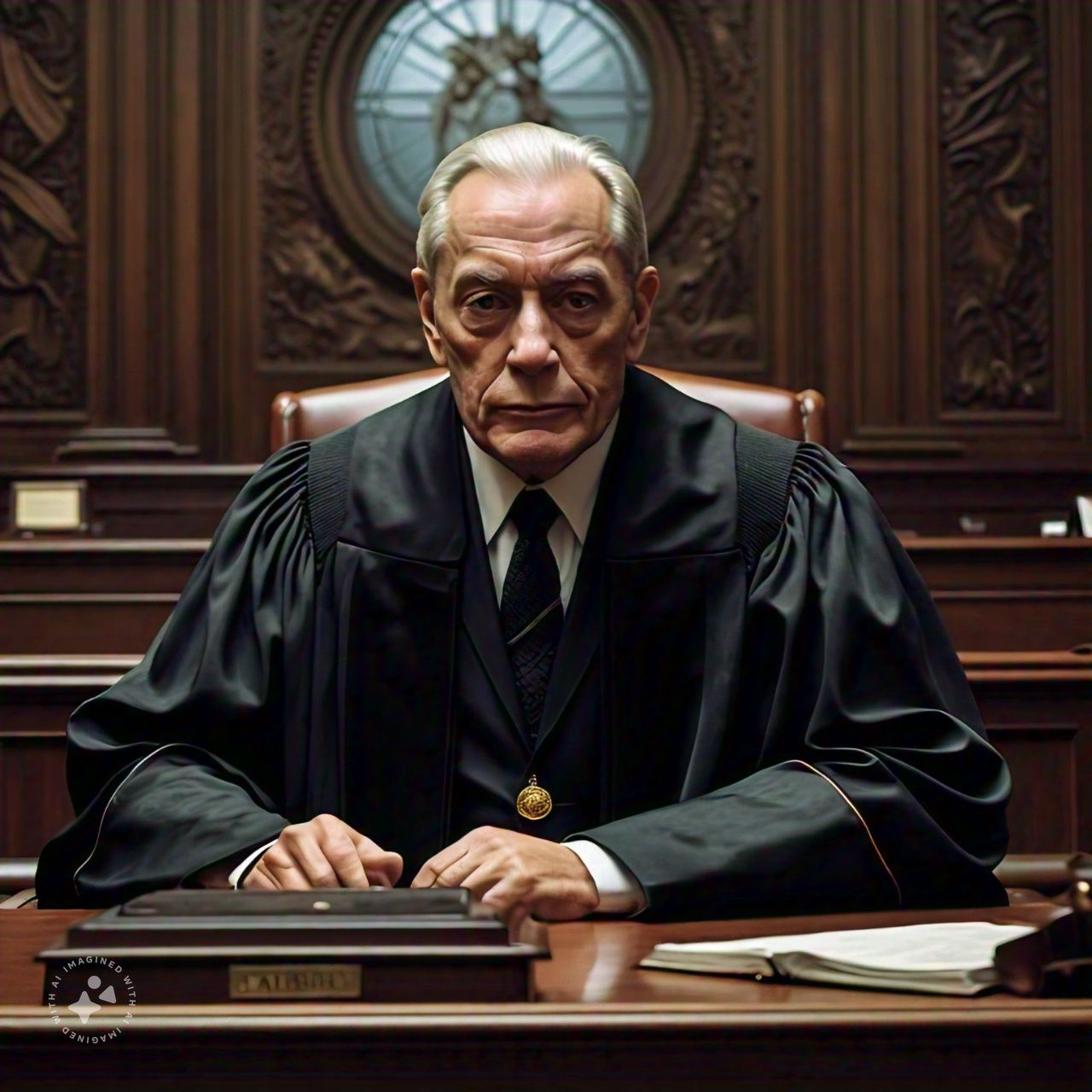
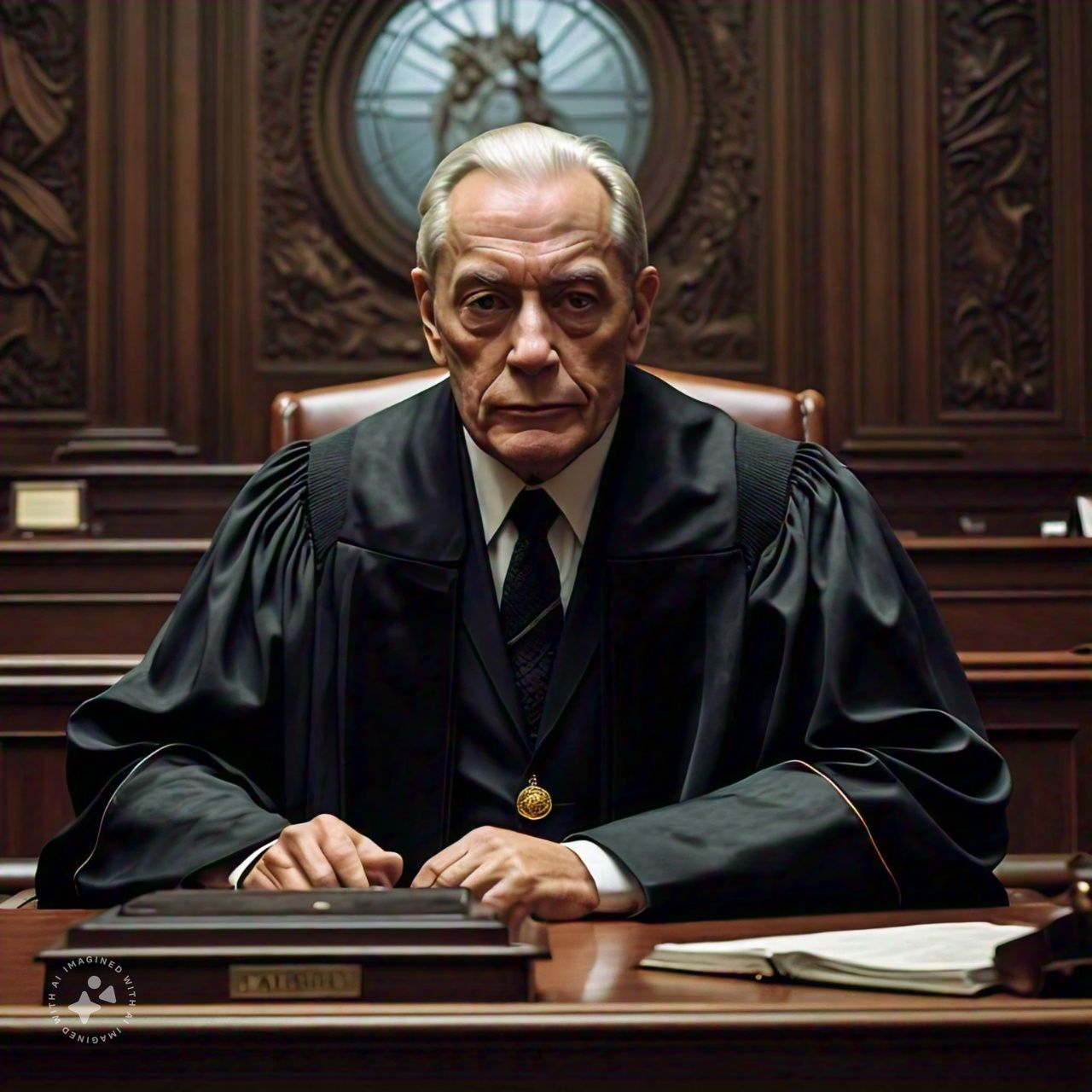
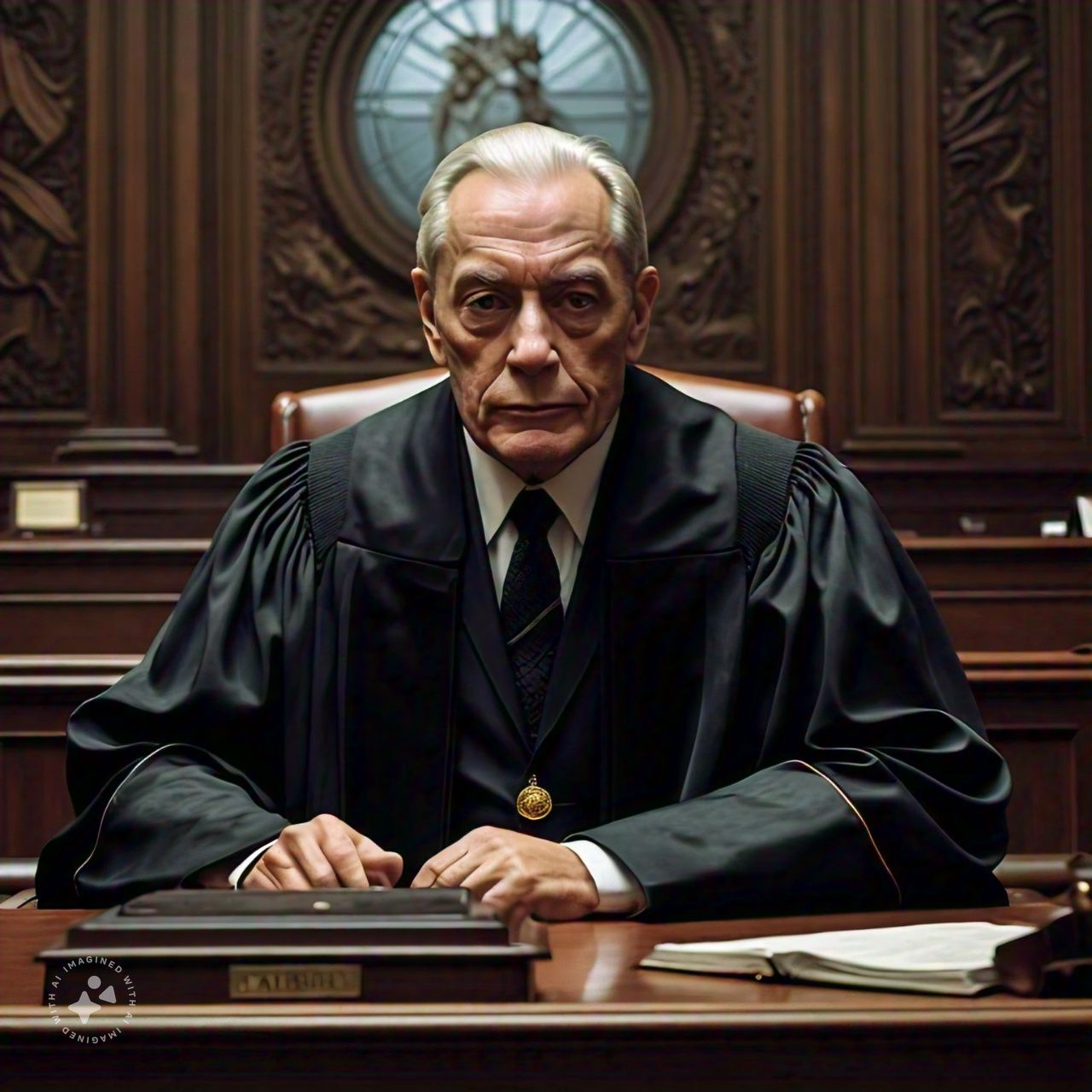
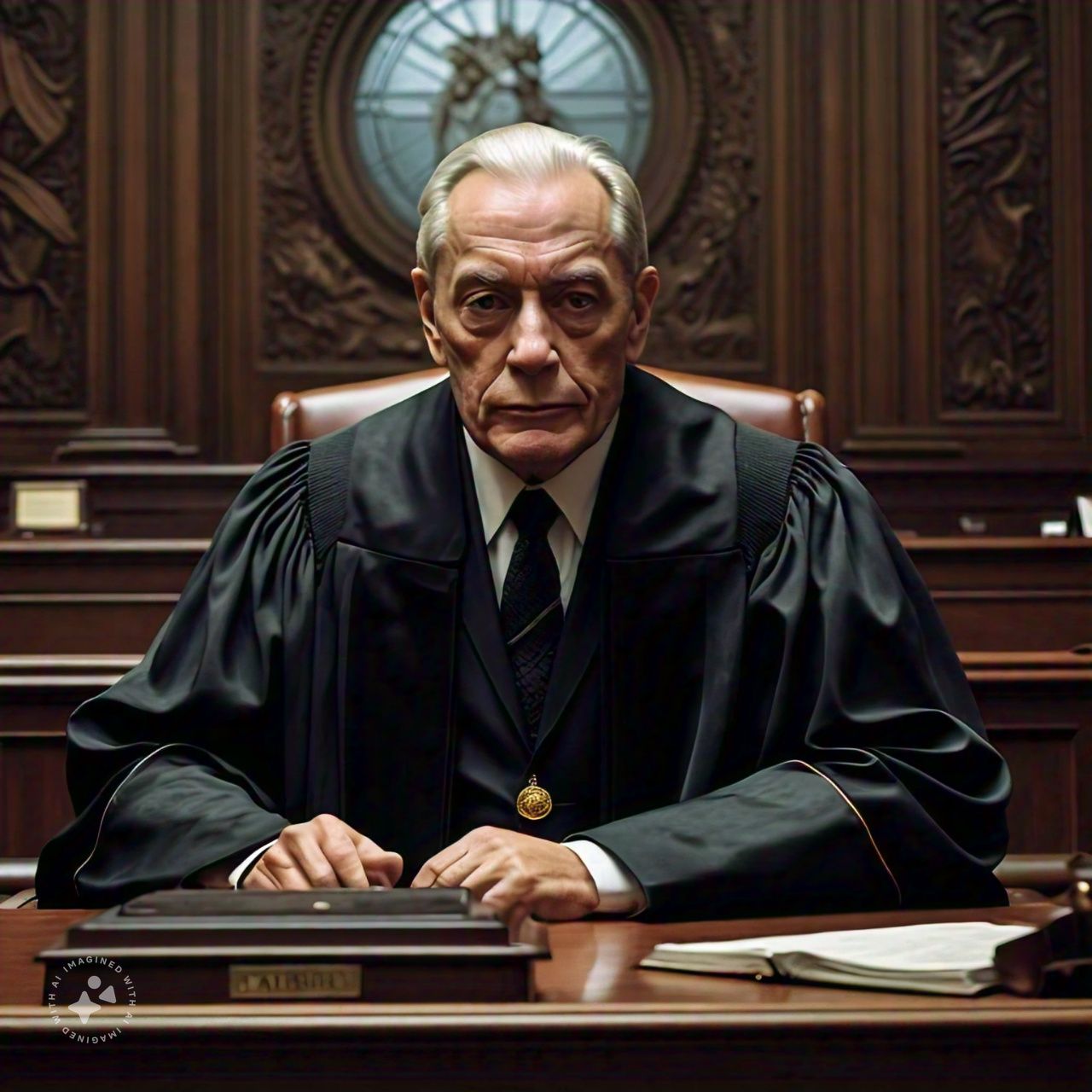
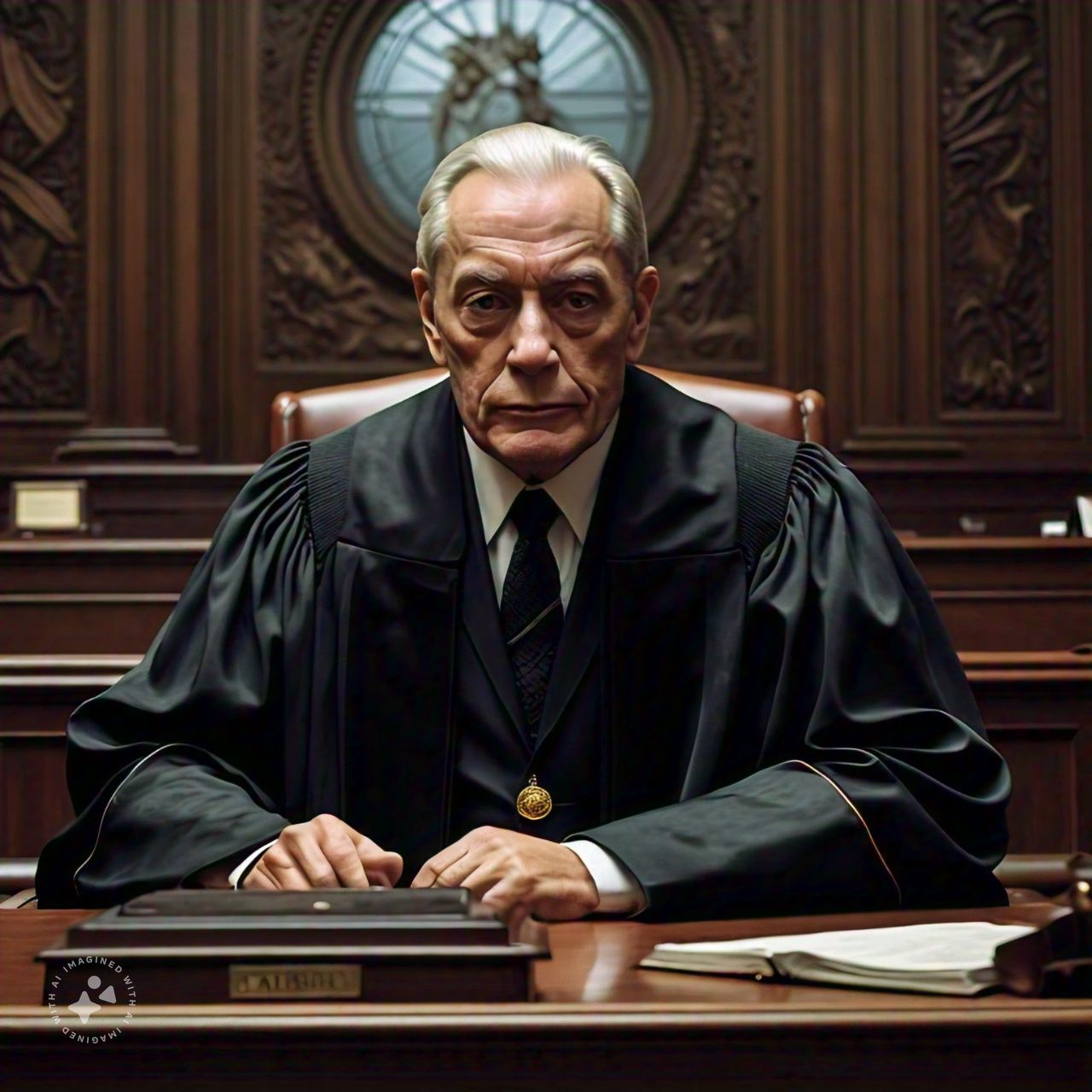
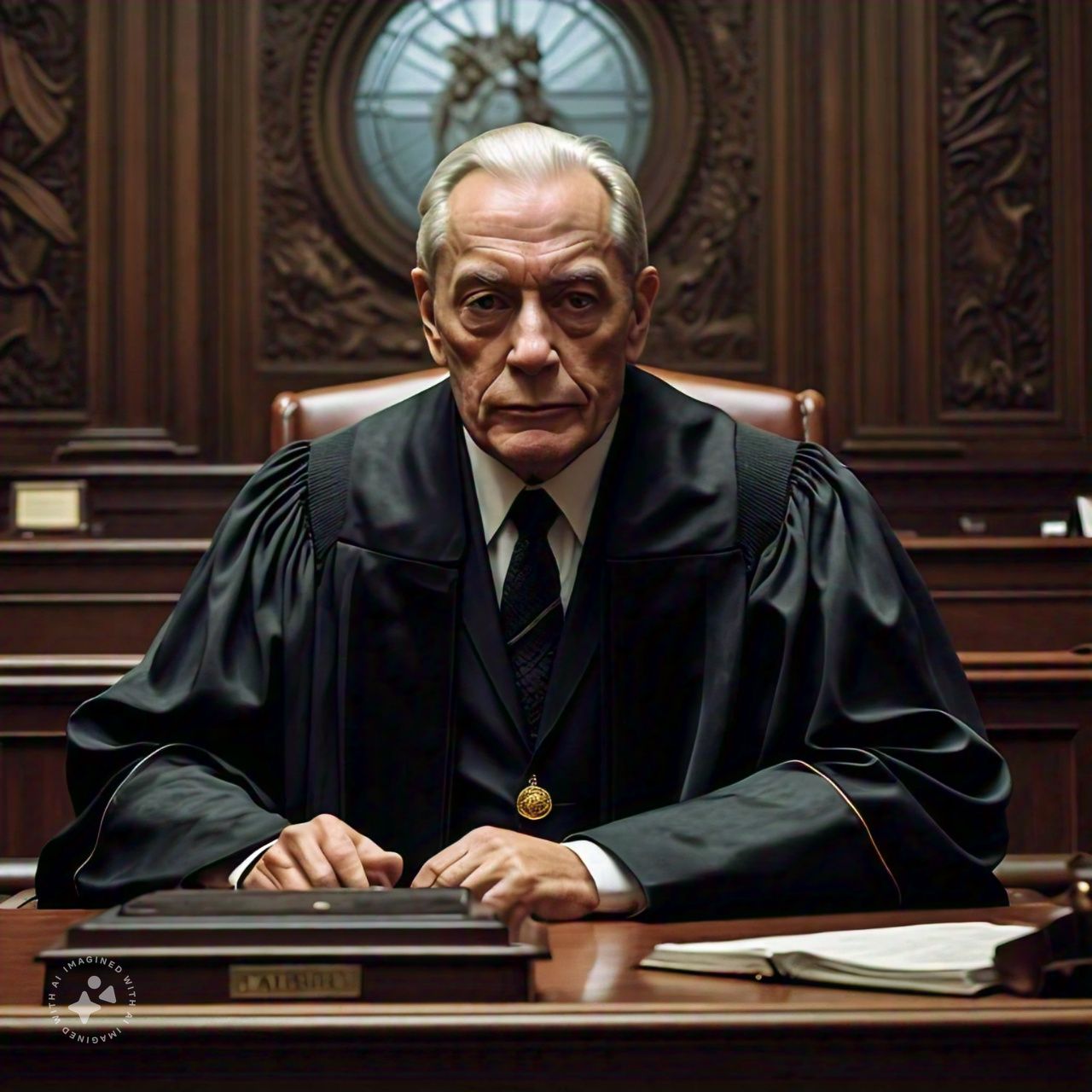
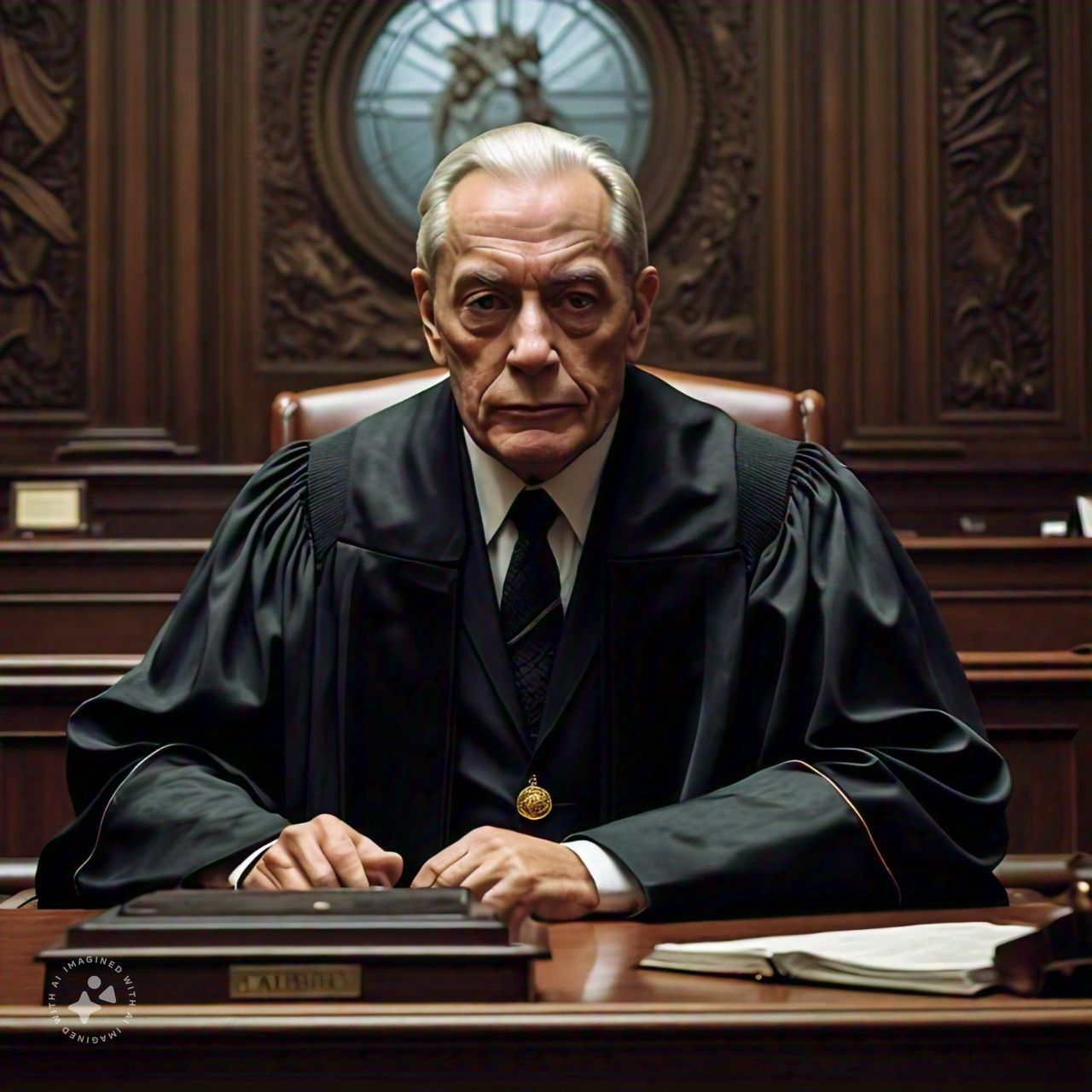
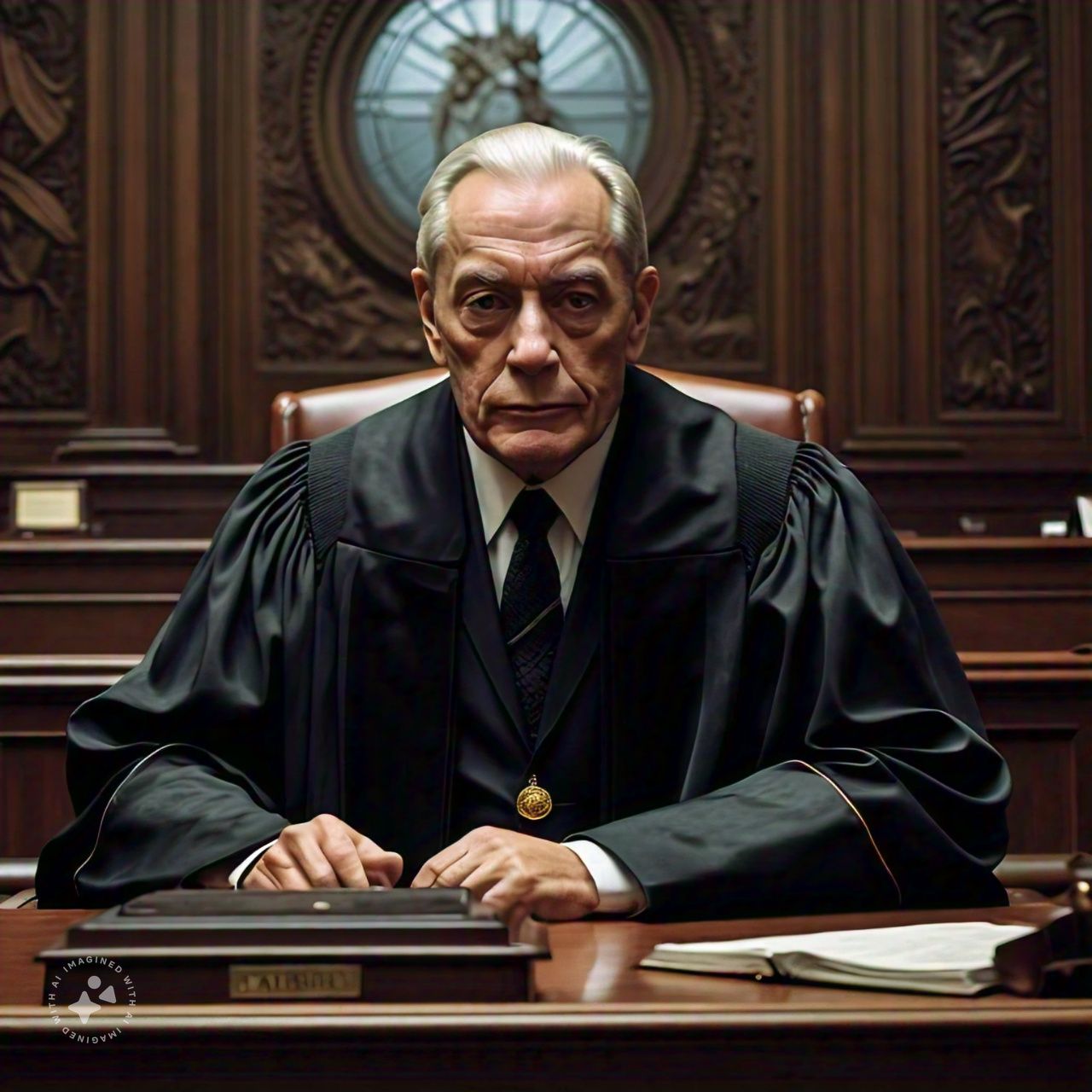
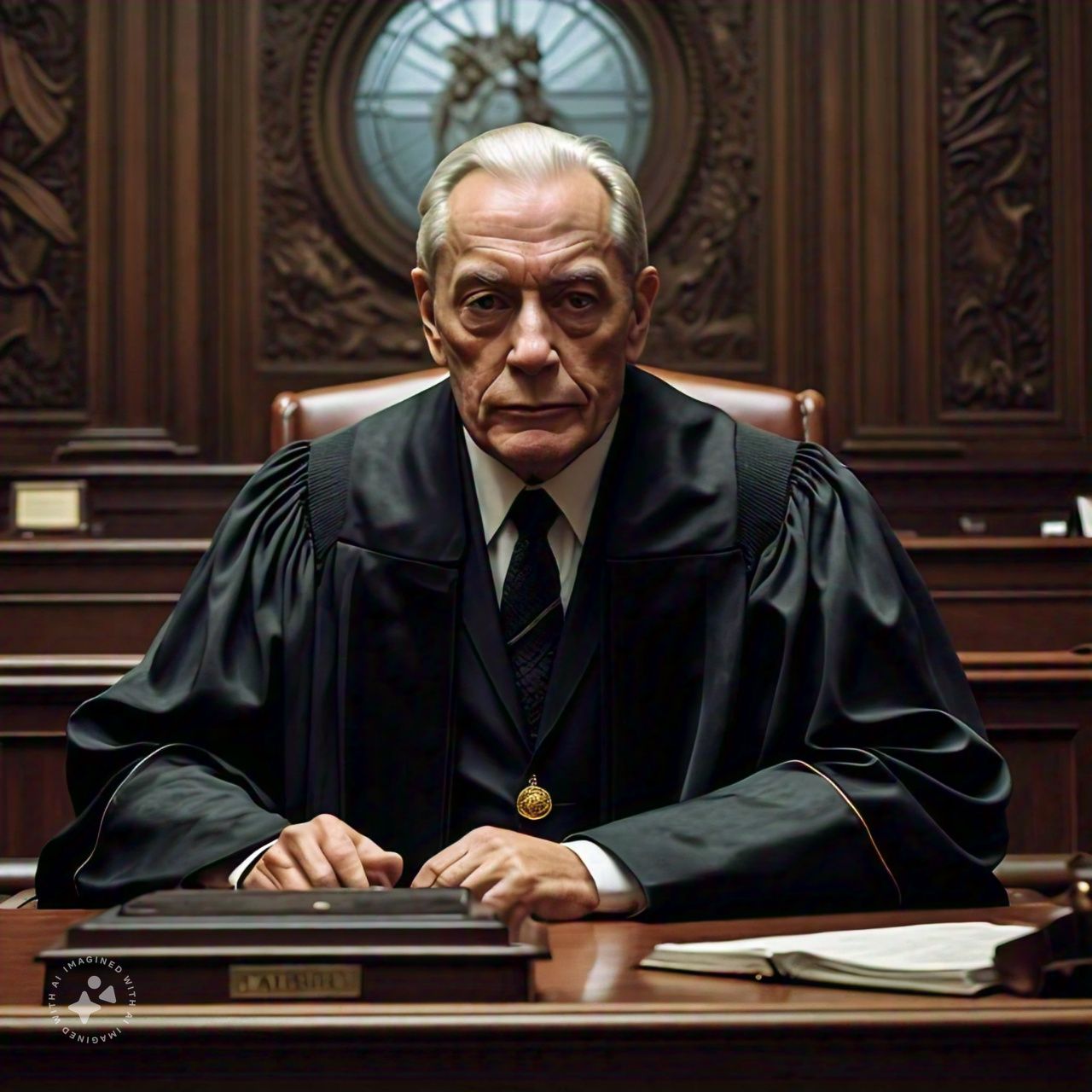
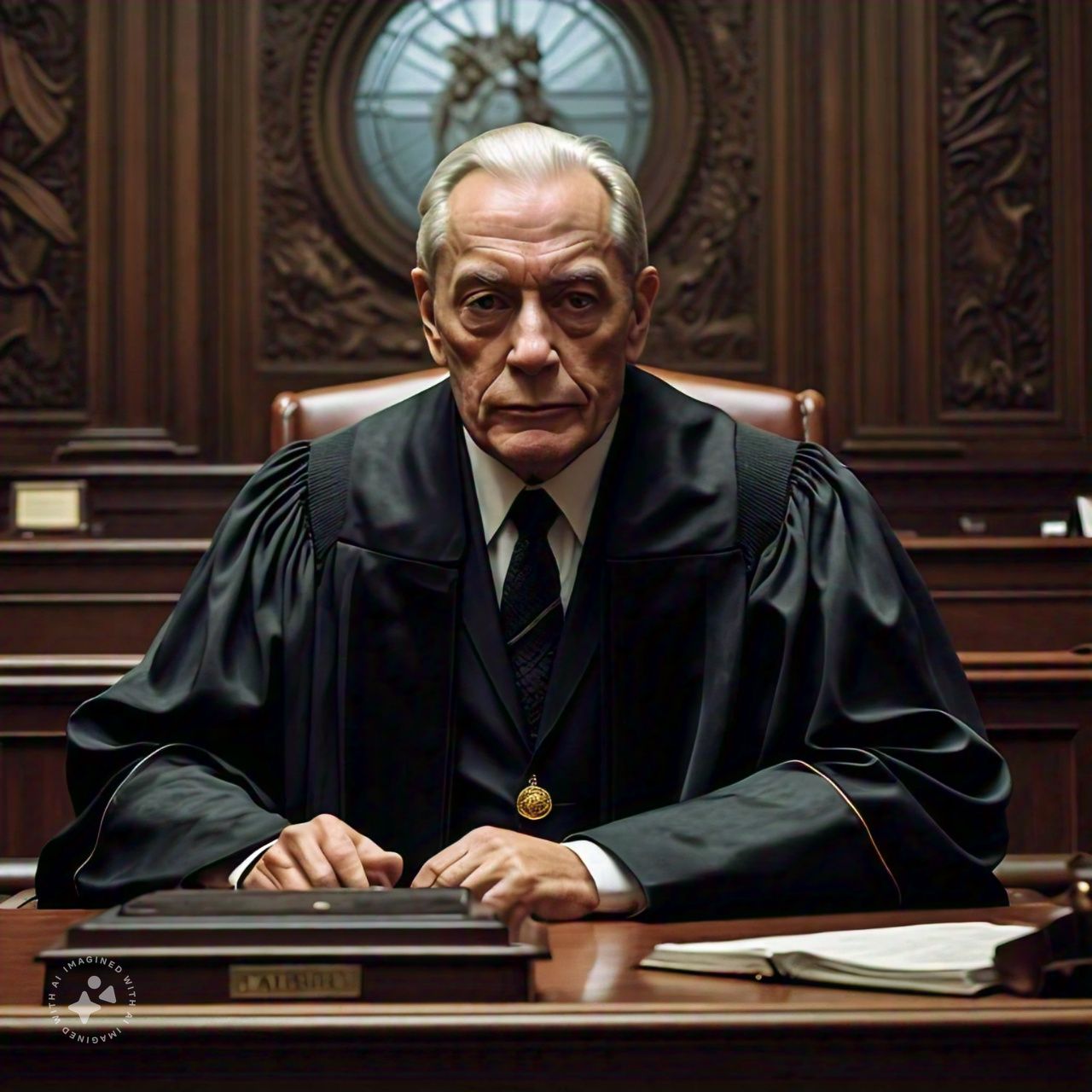
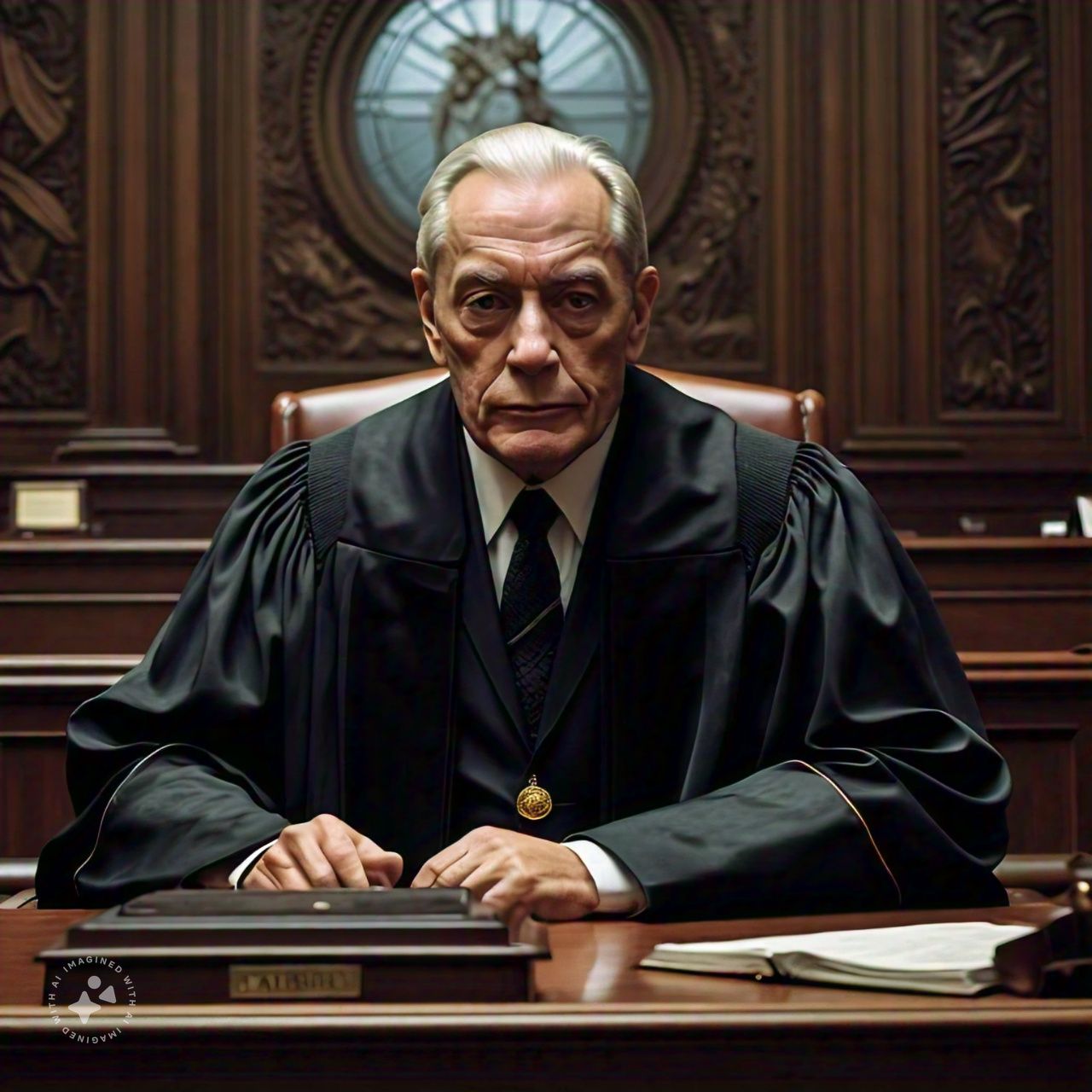
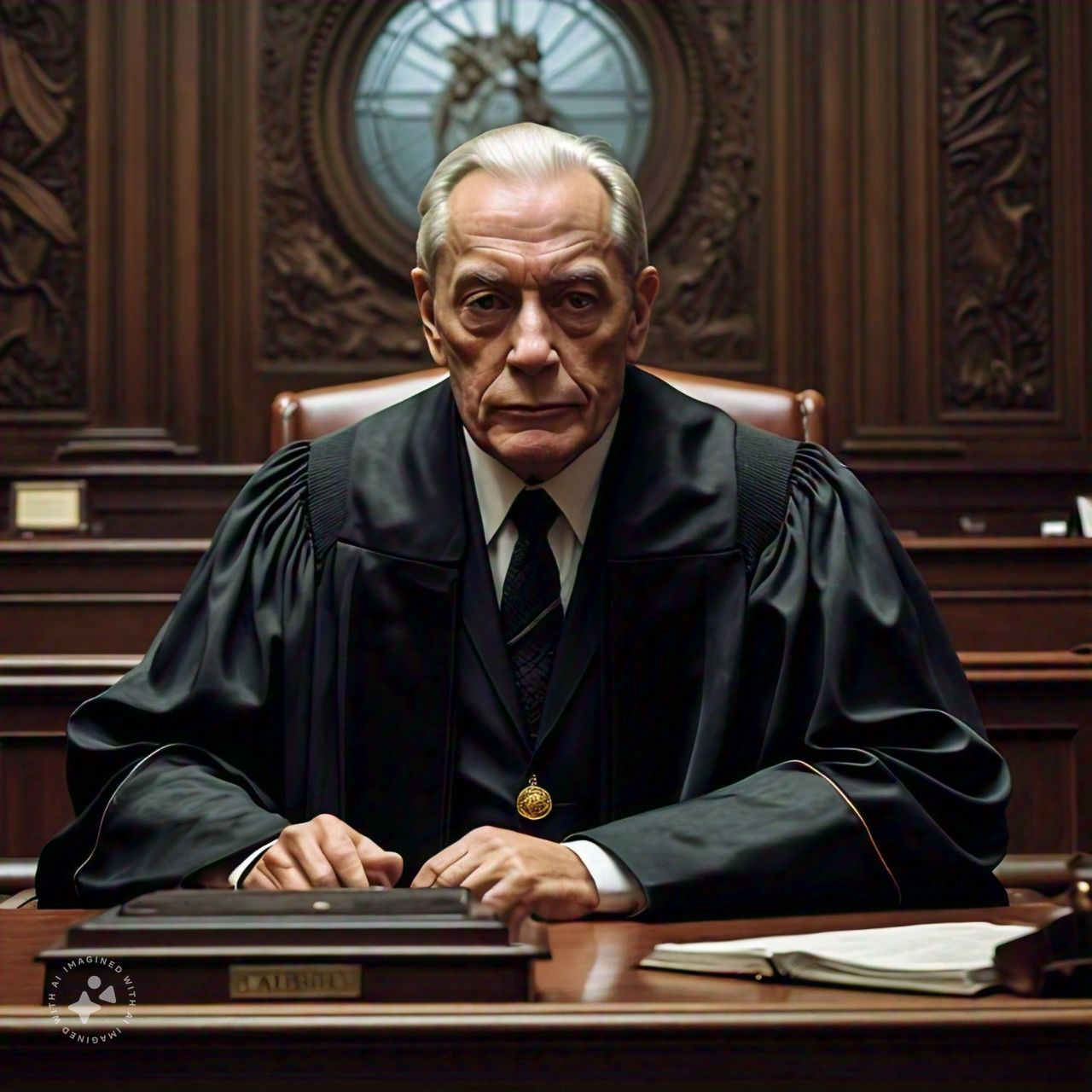
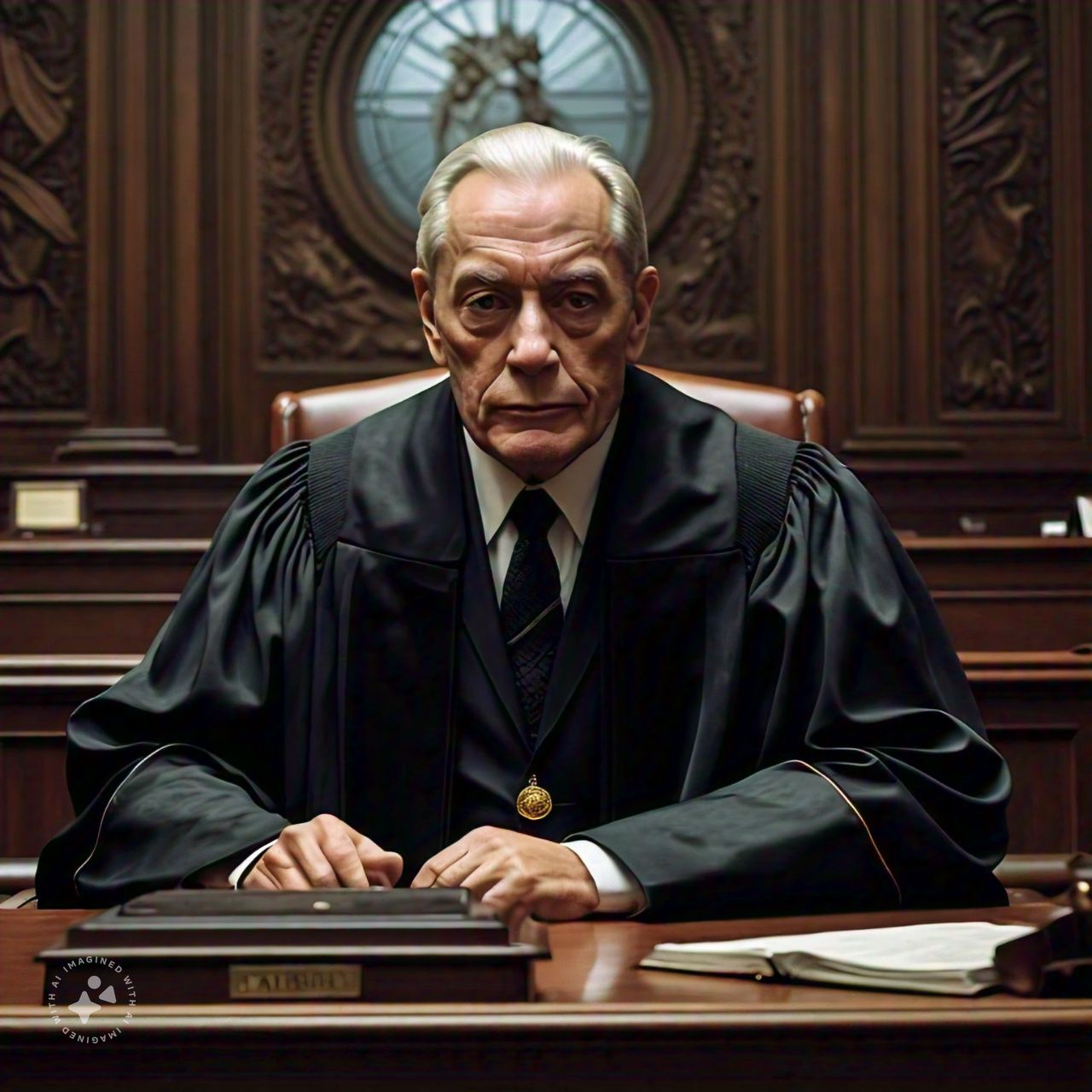
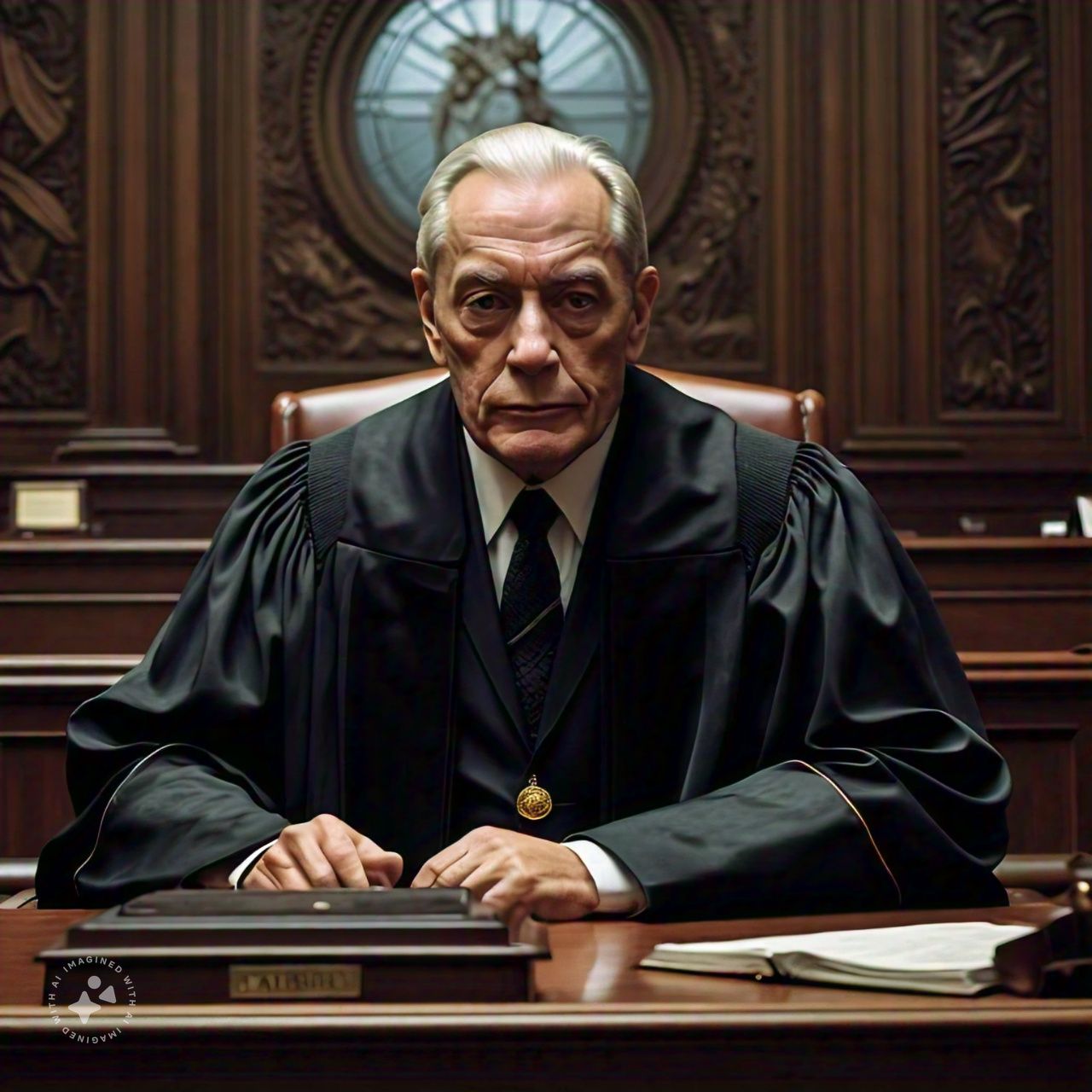
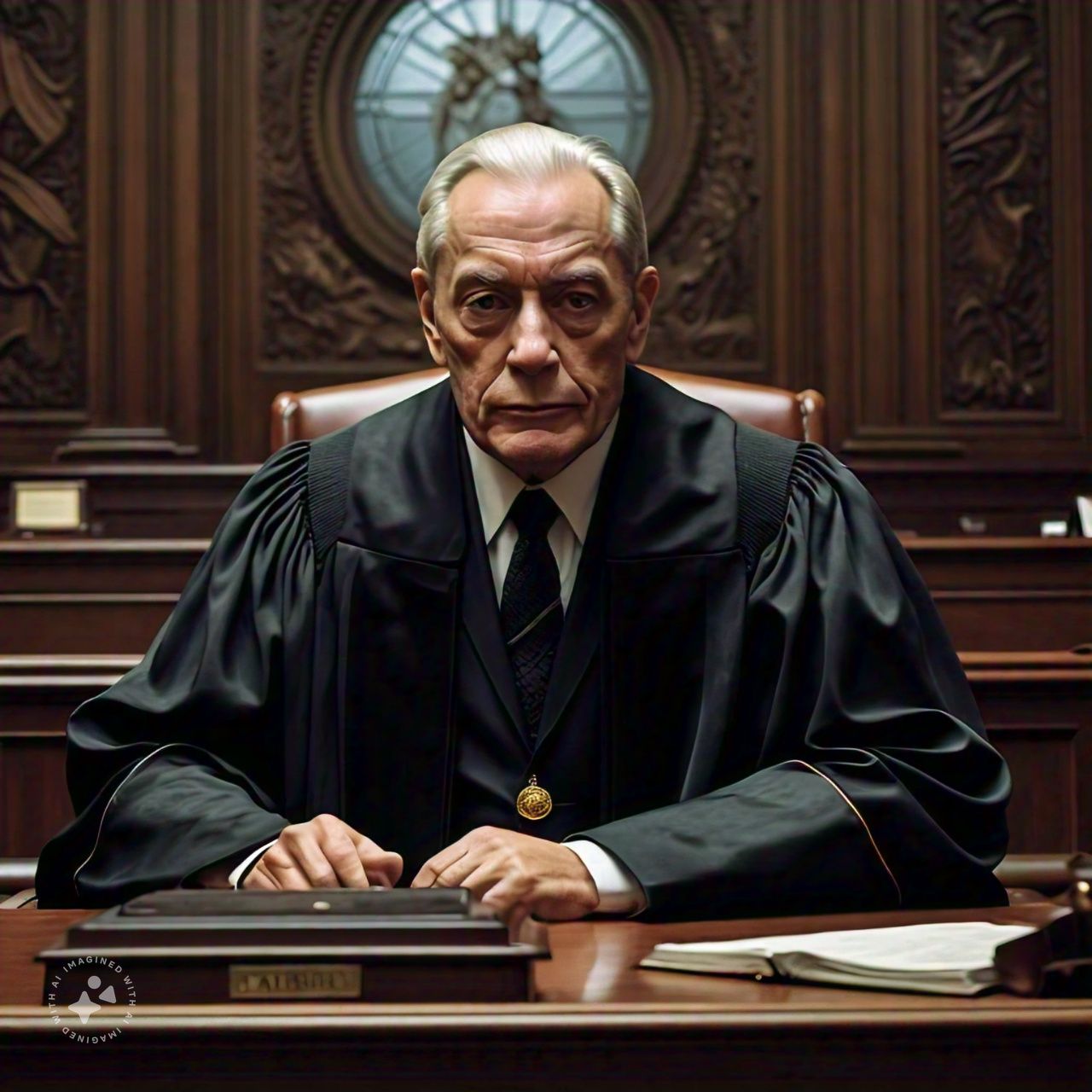
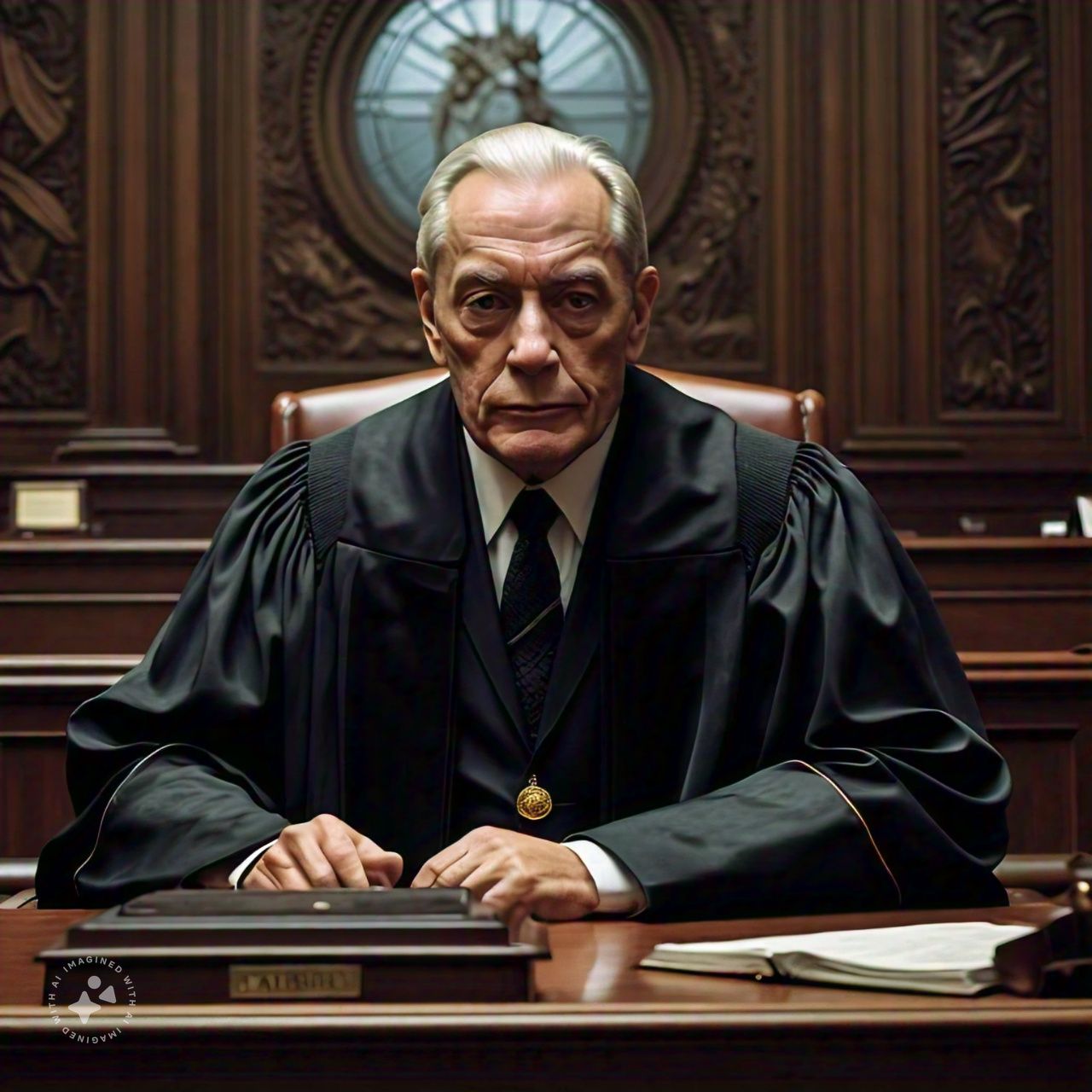


































































































Comment
Nothing for now